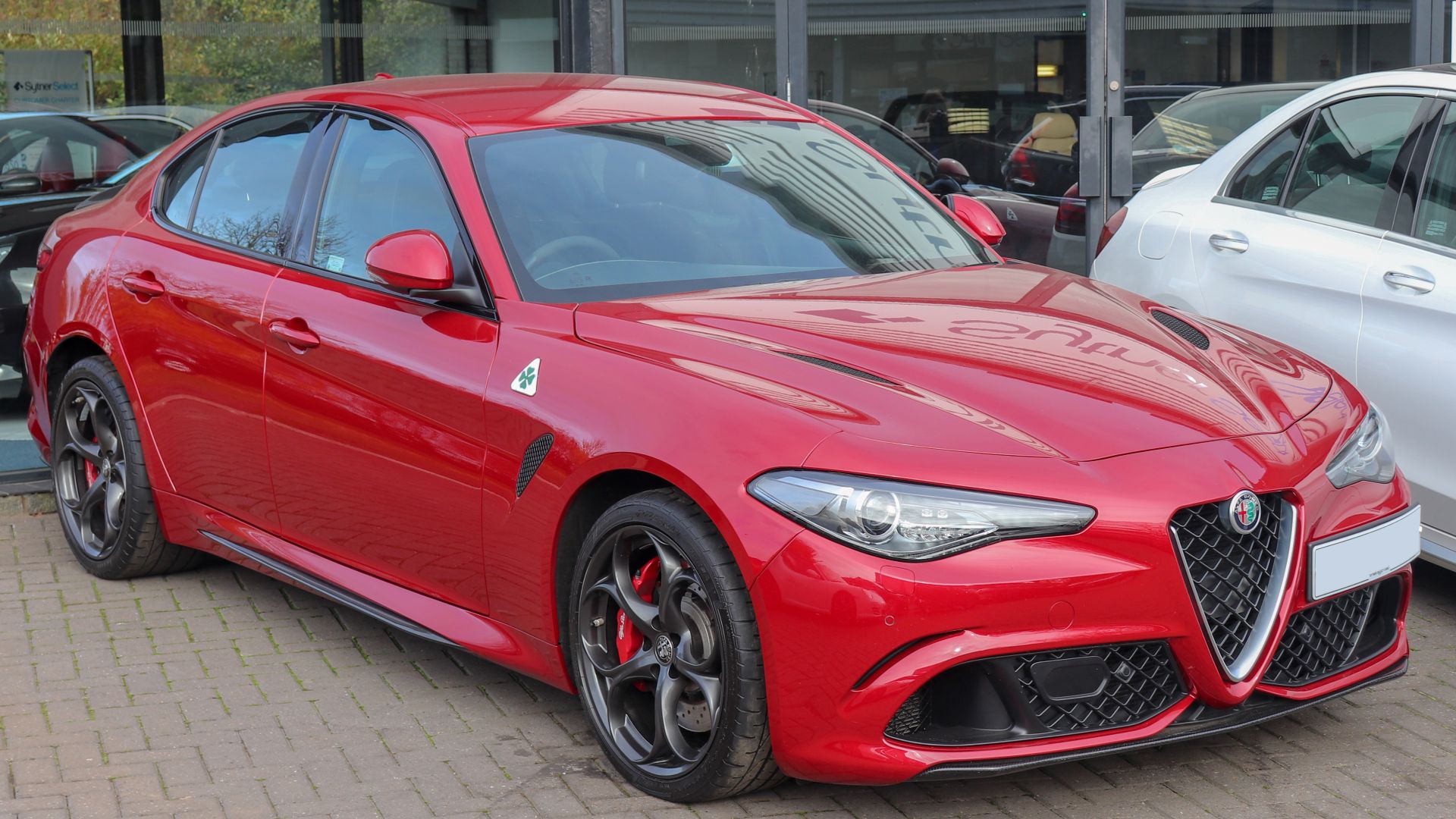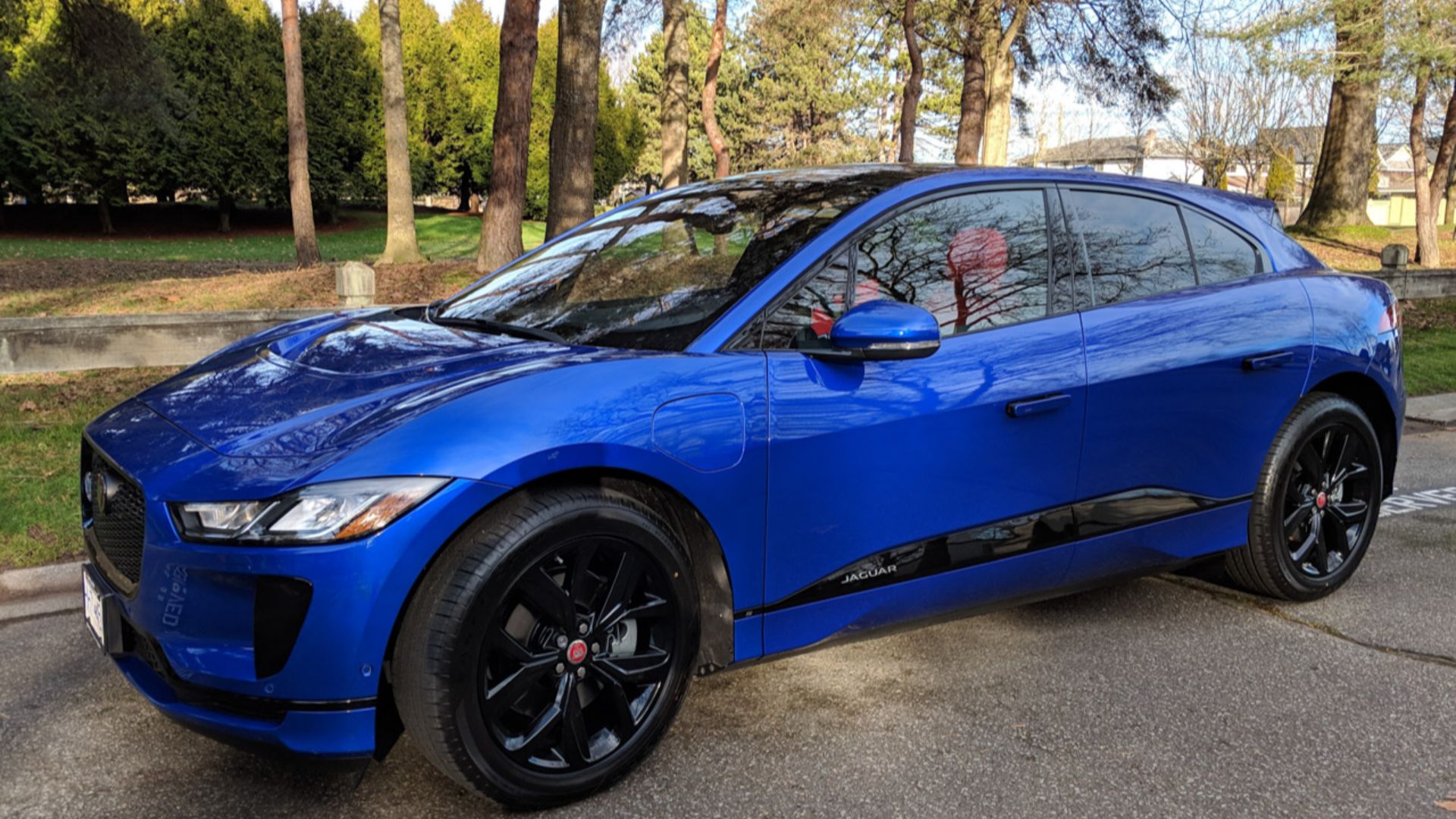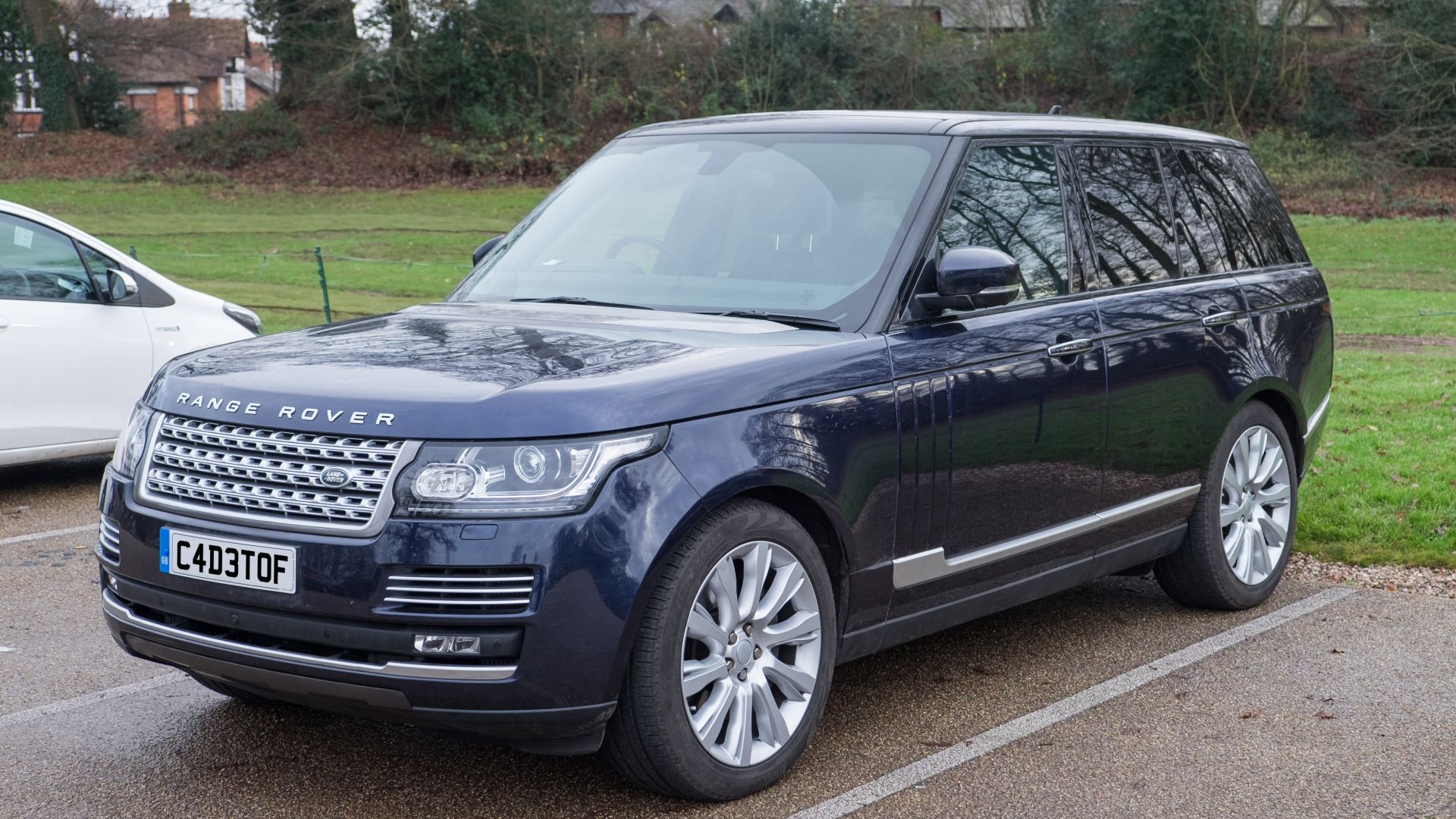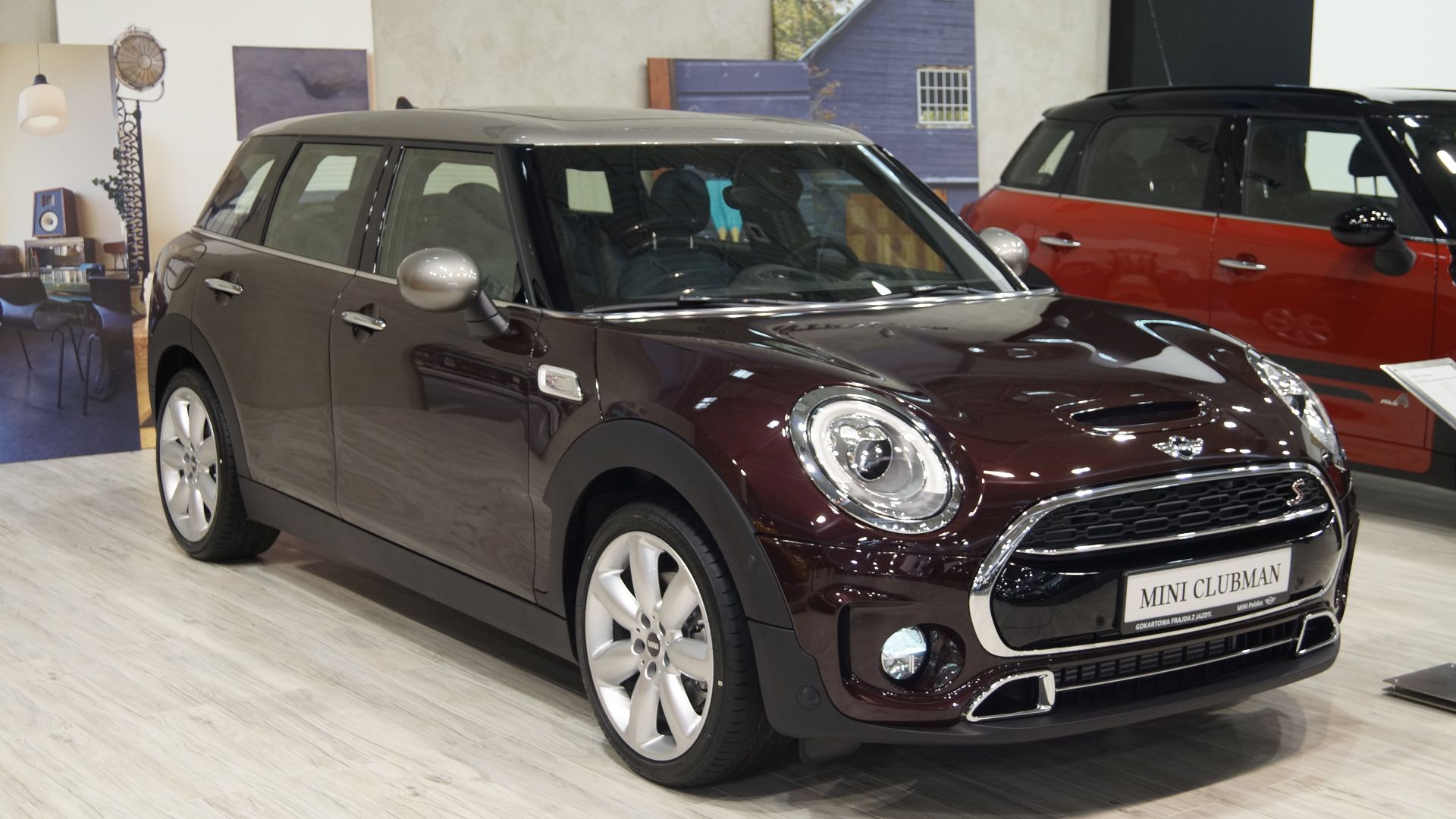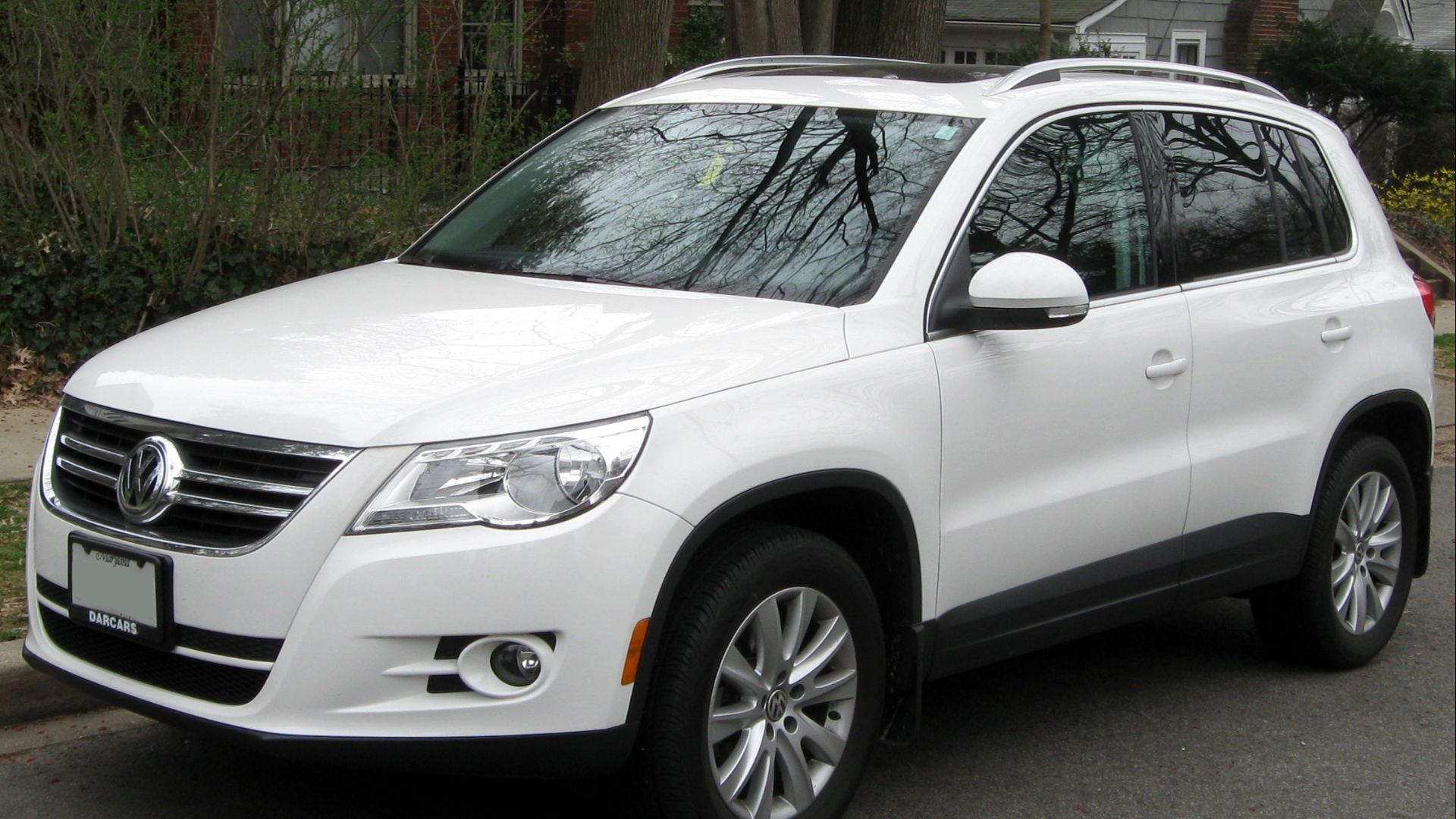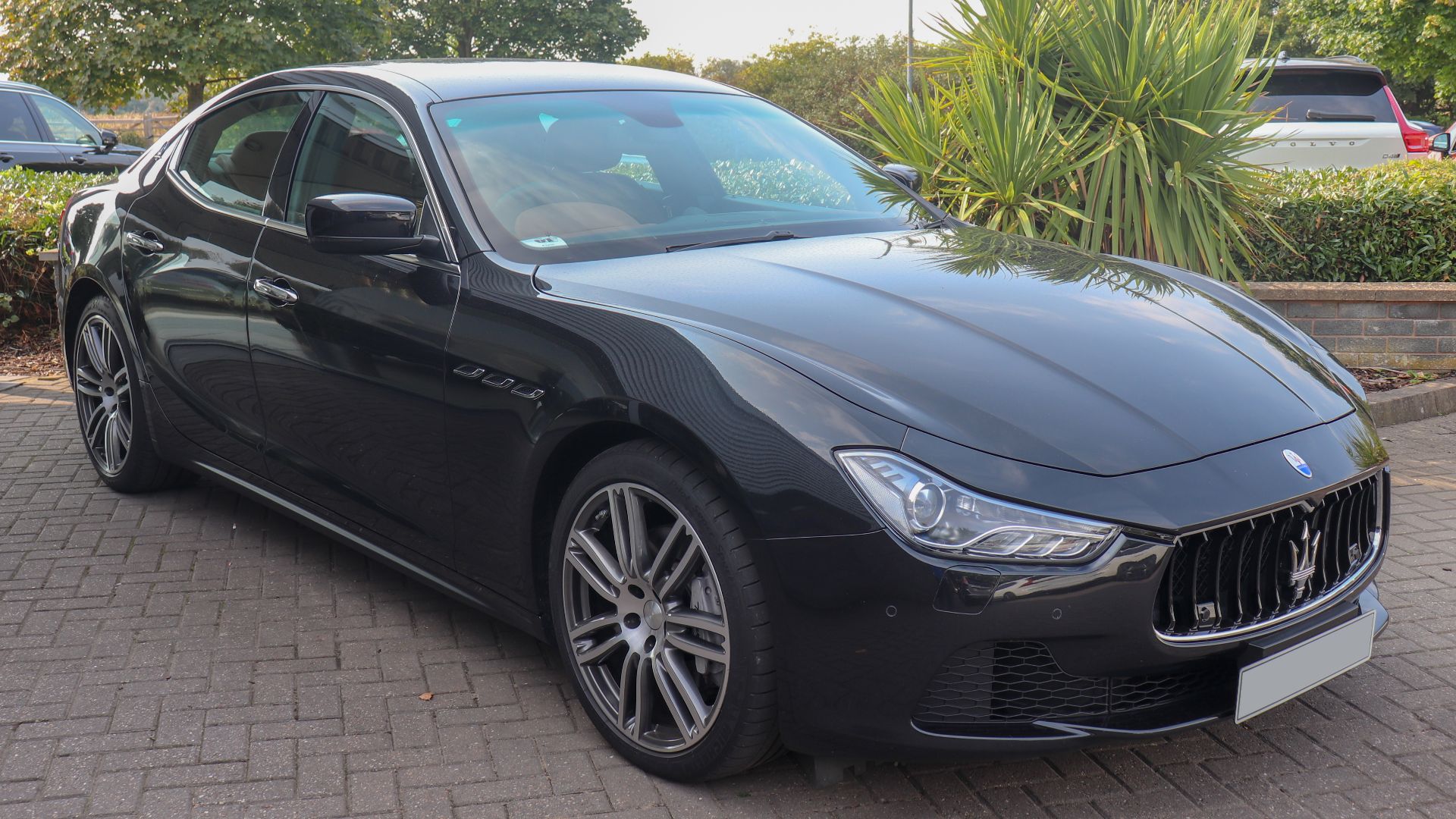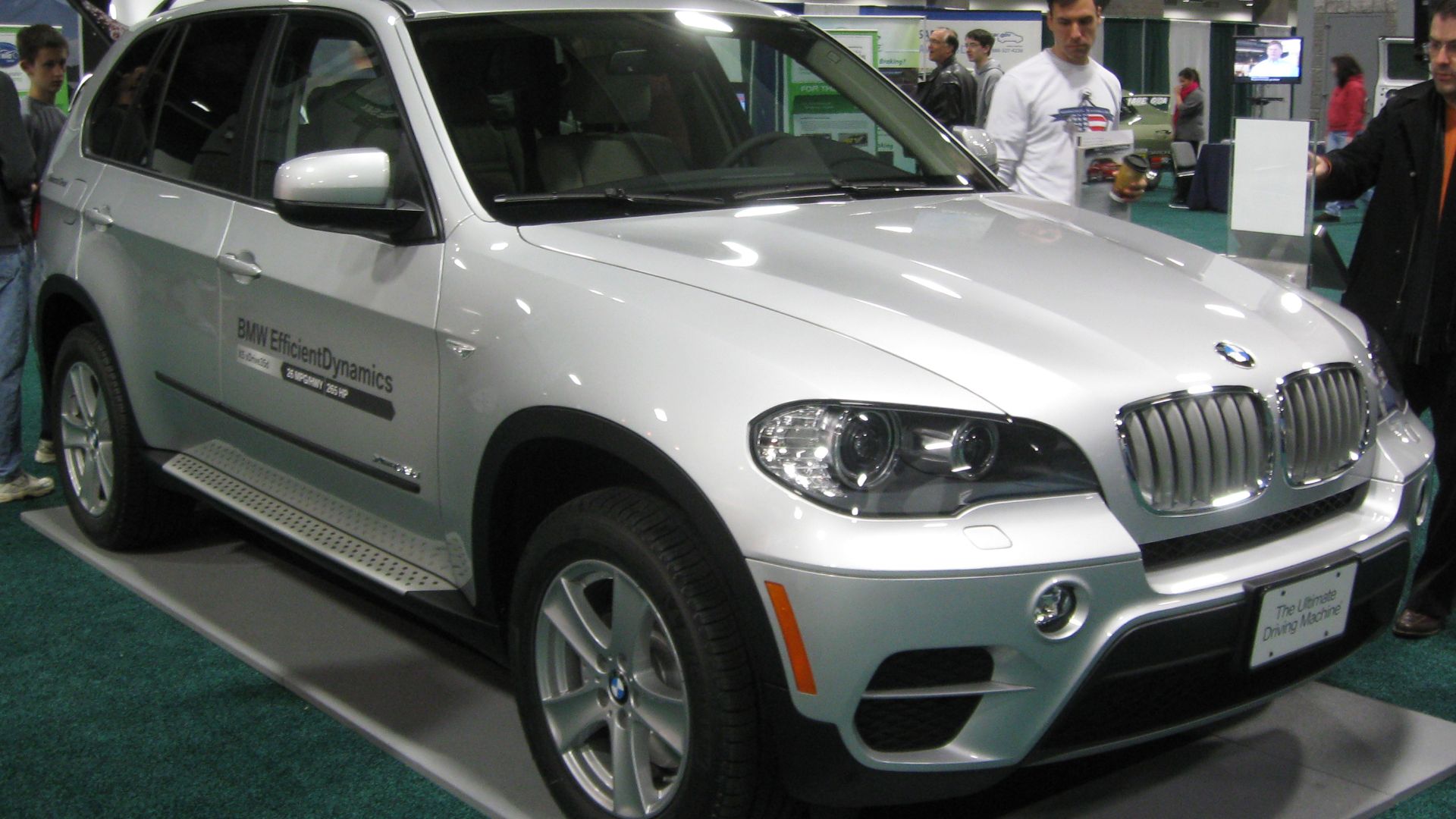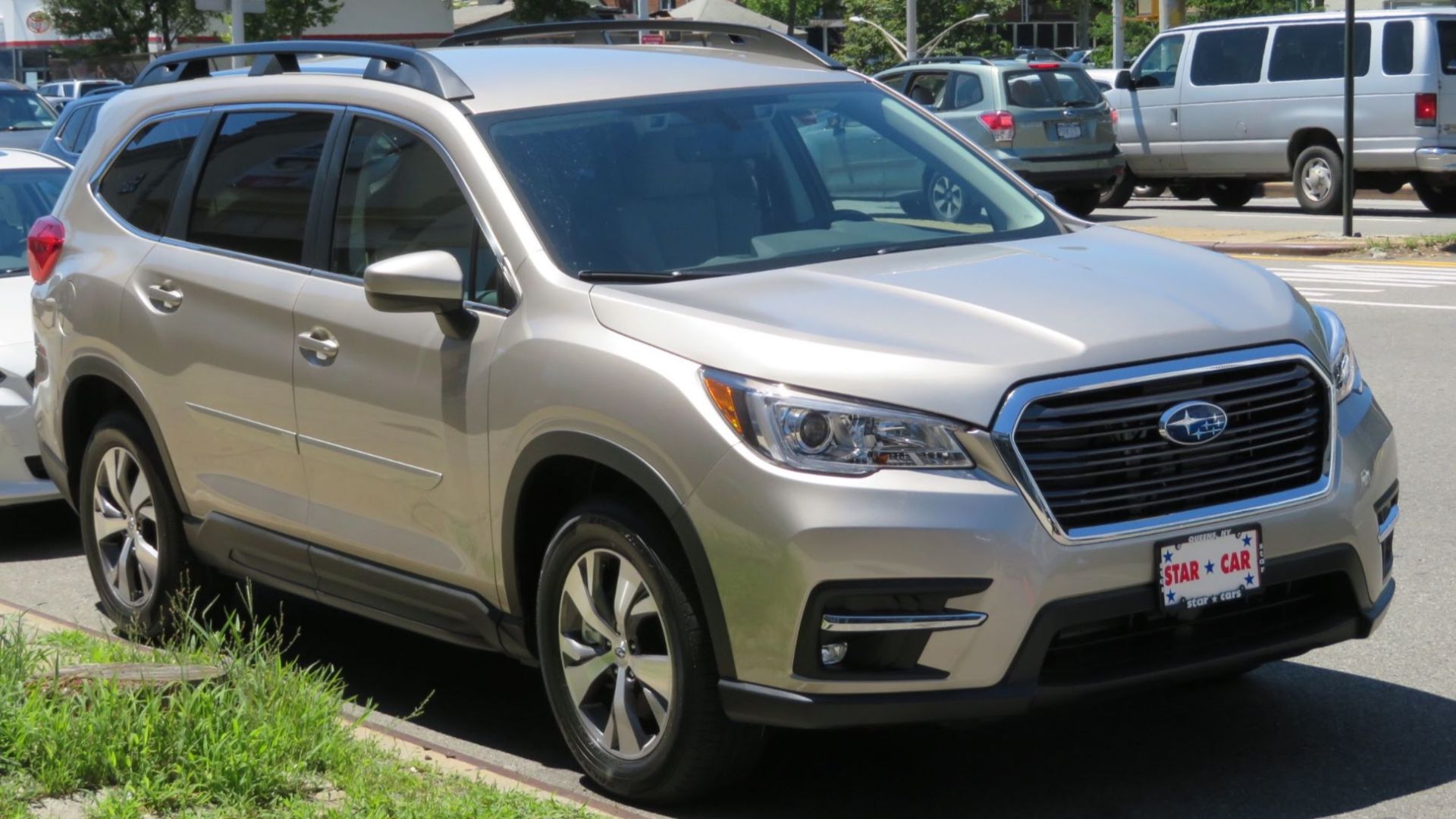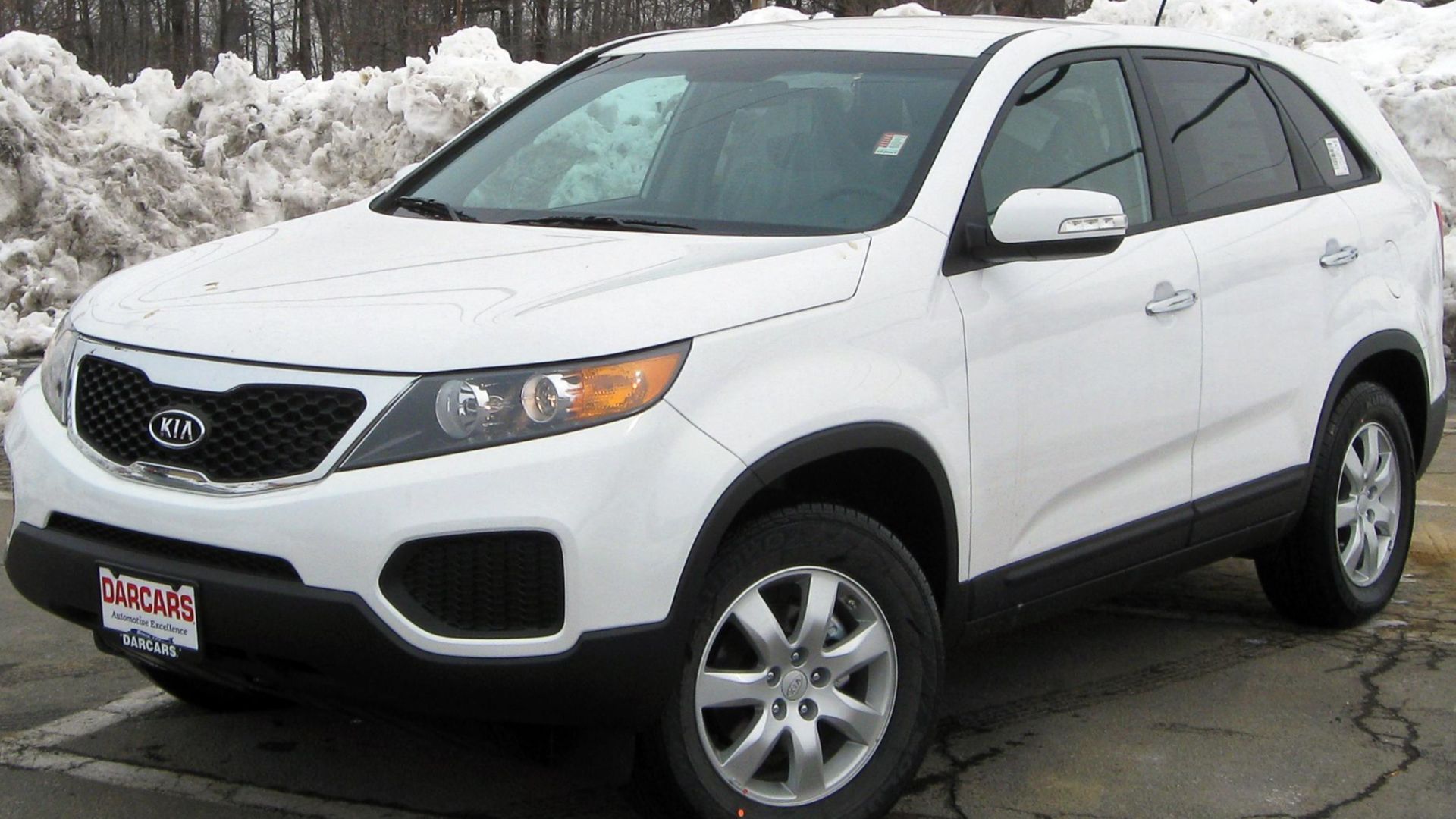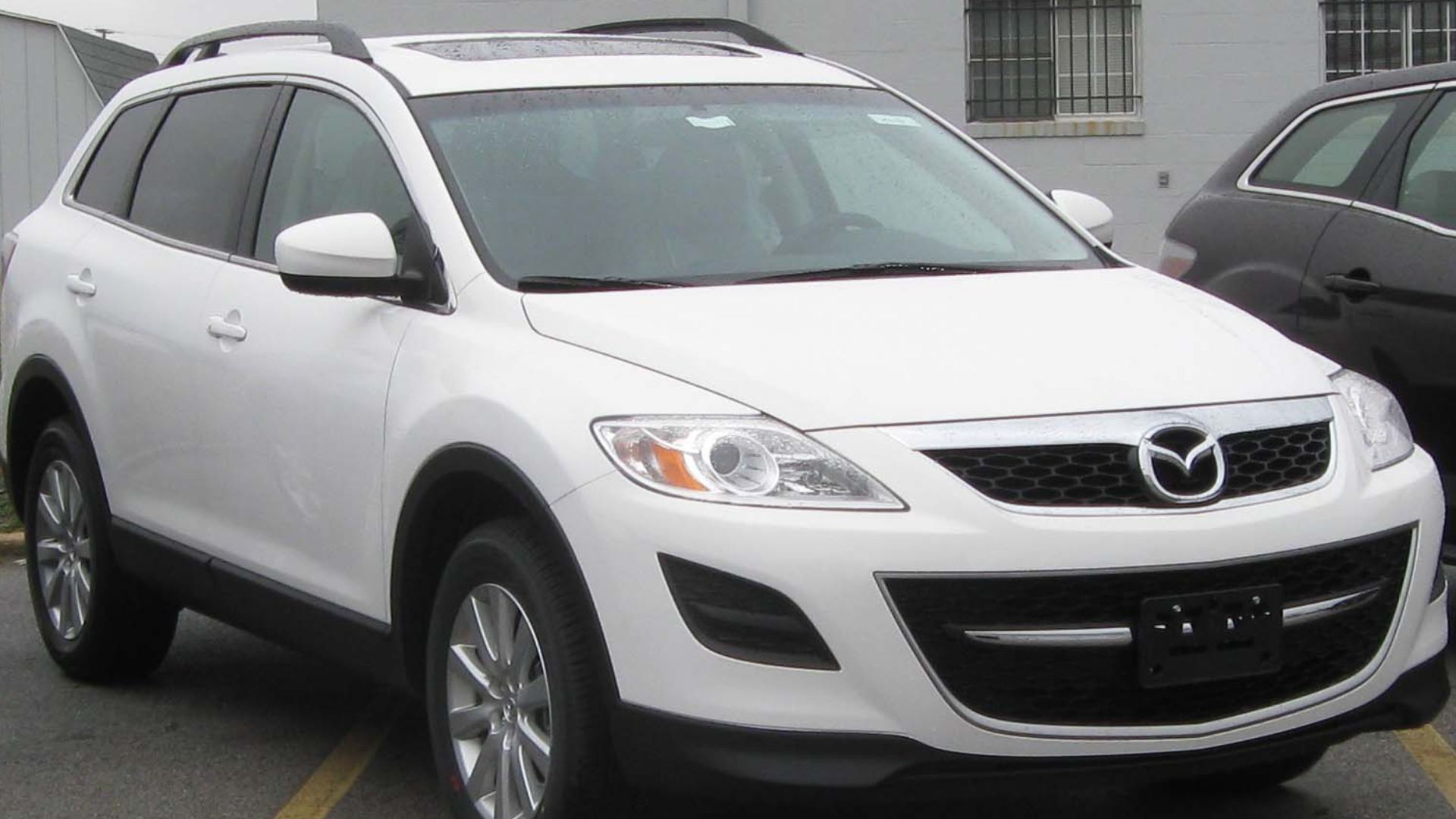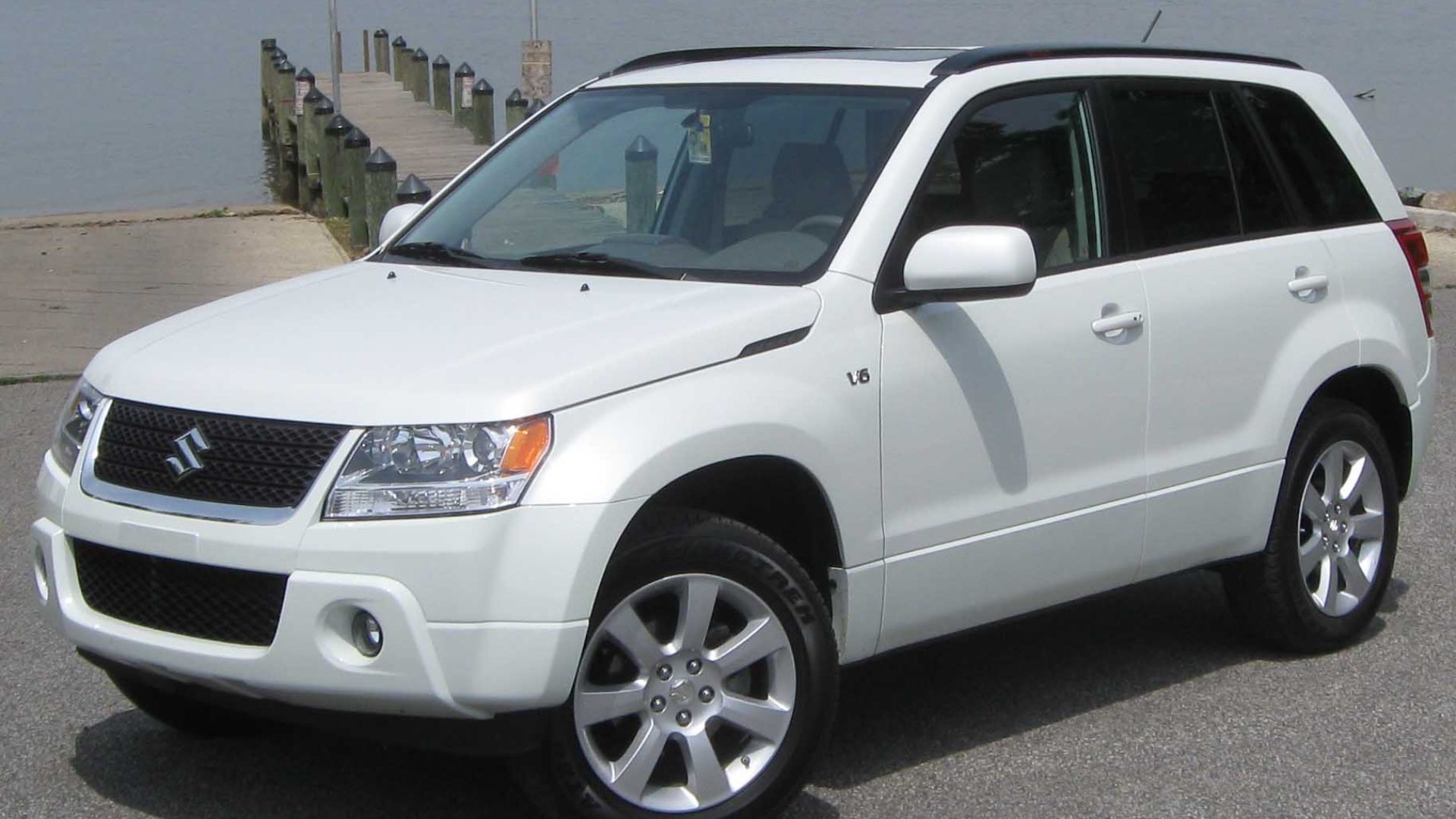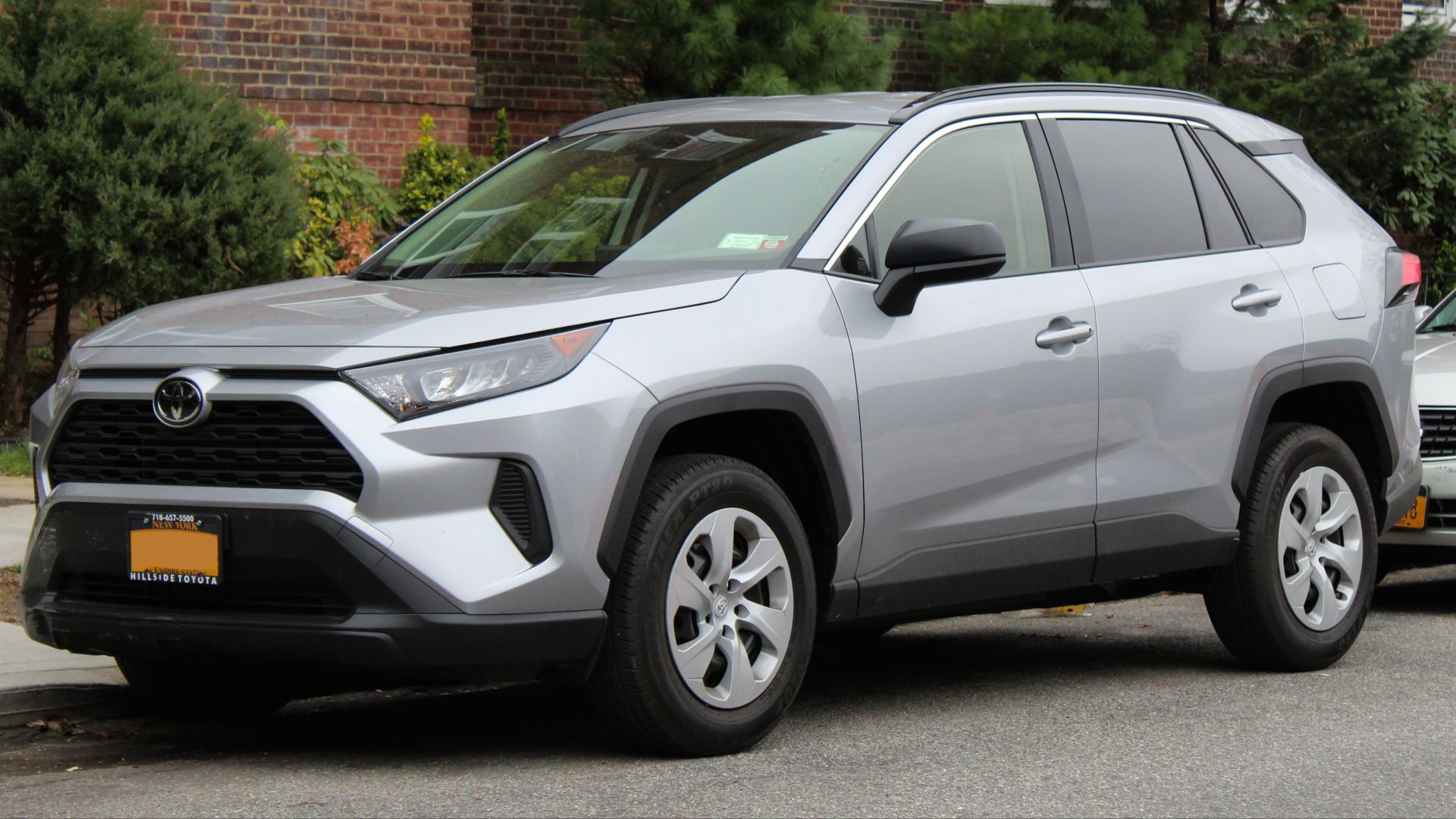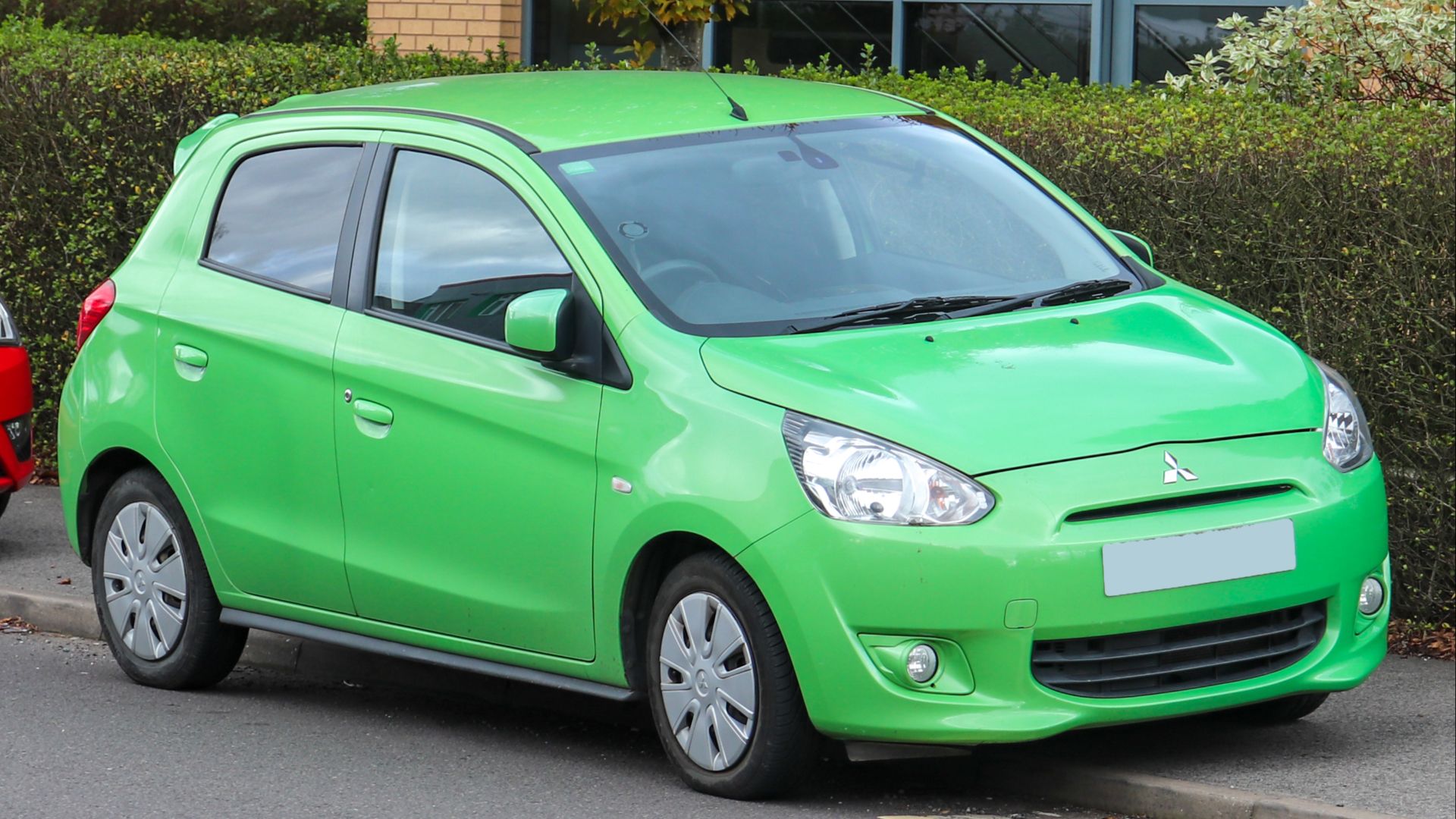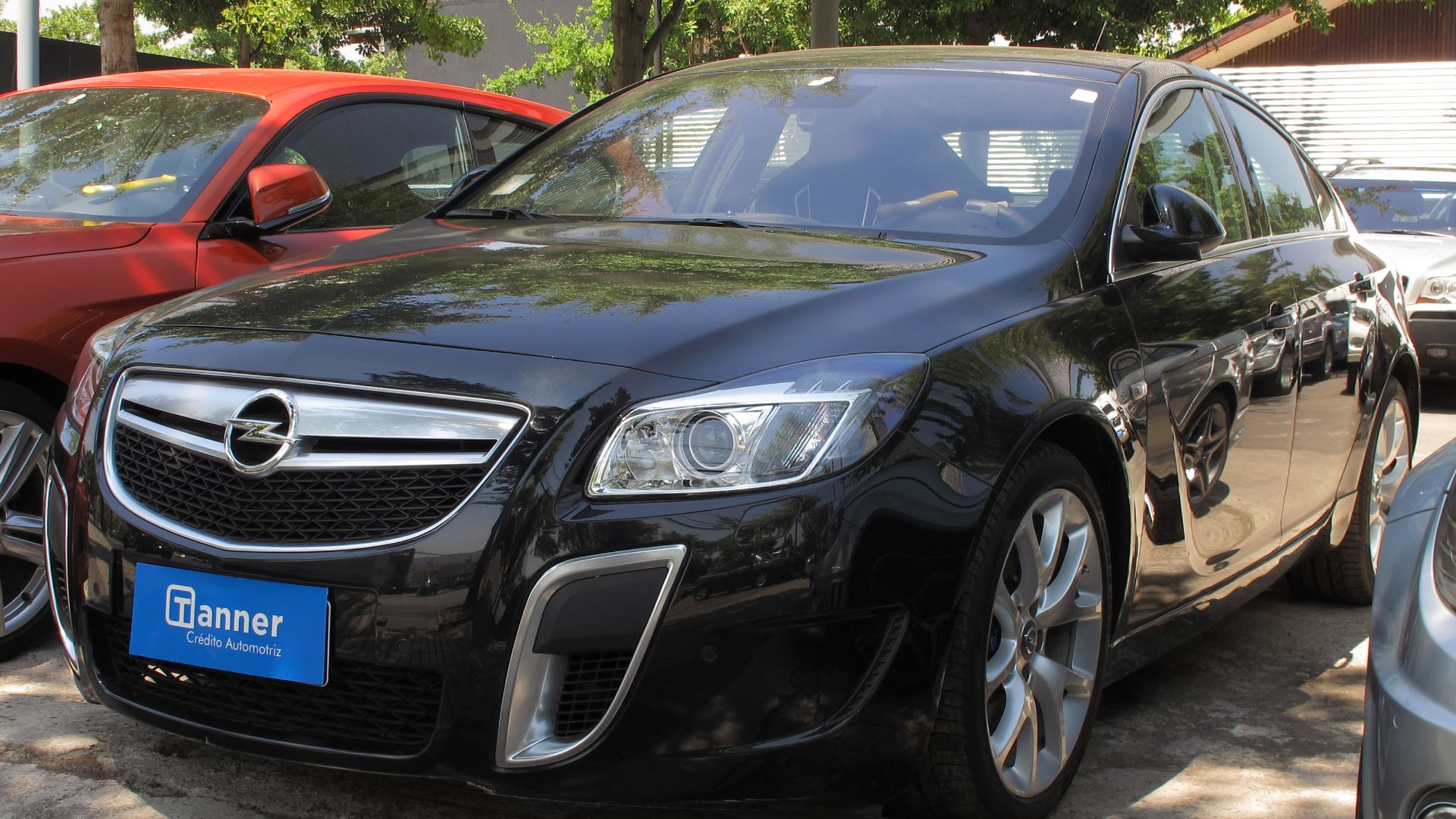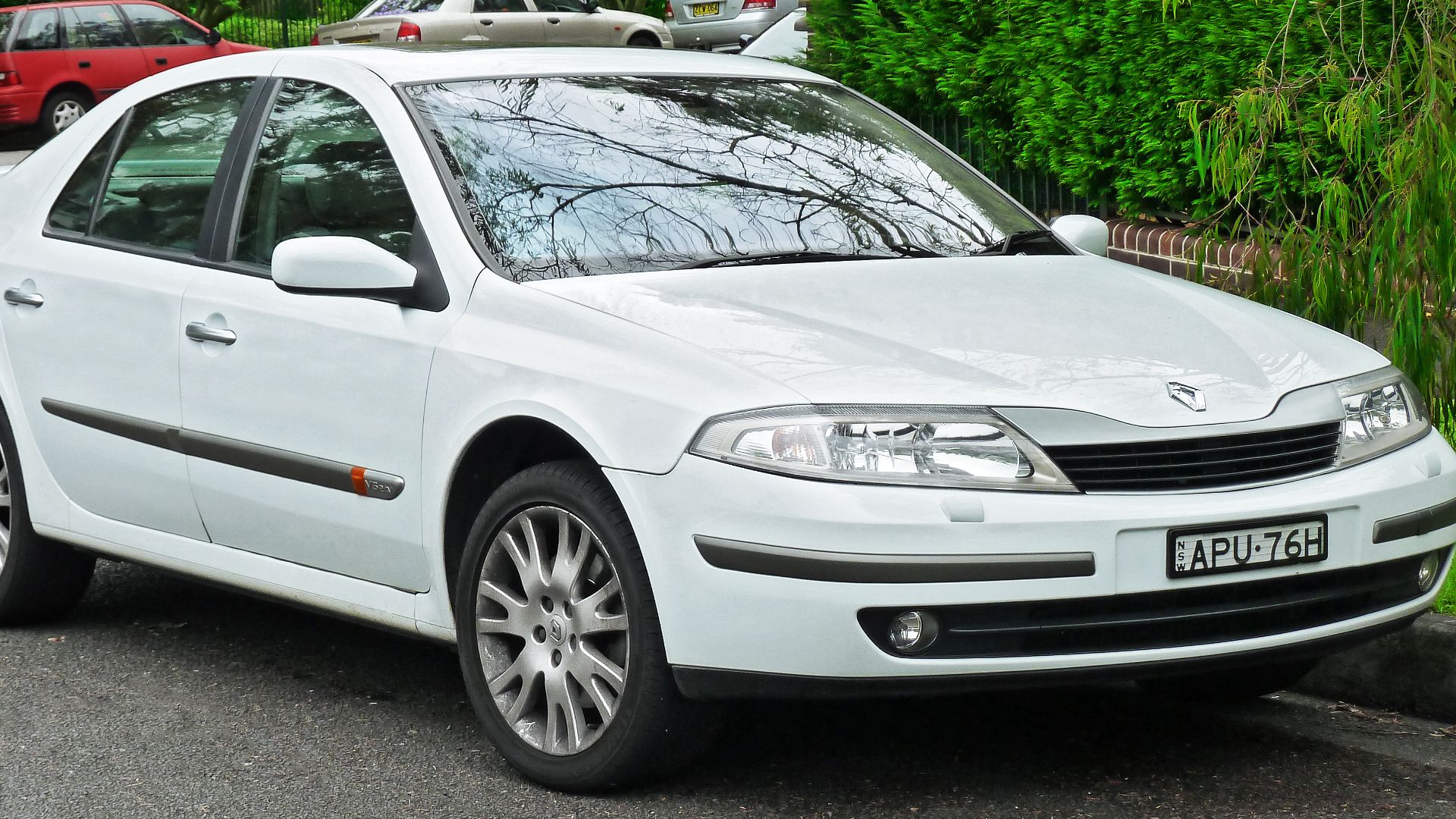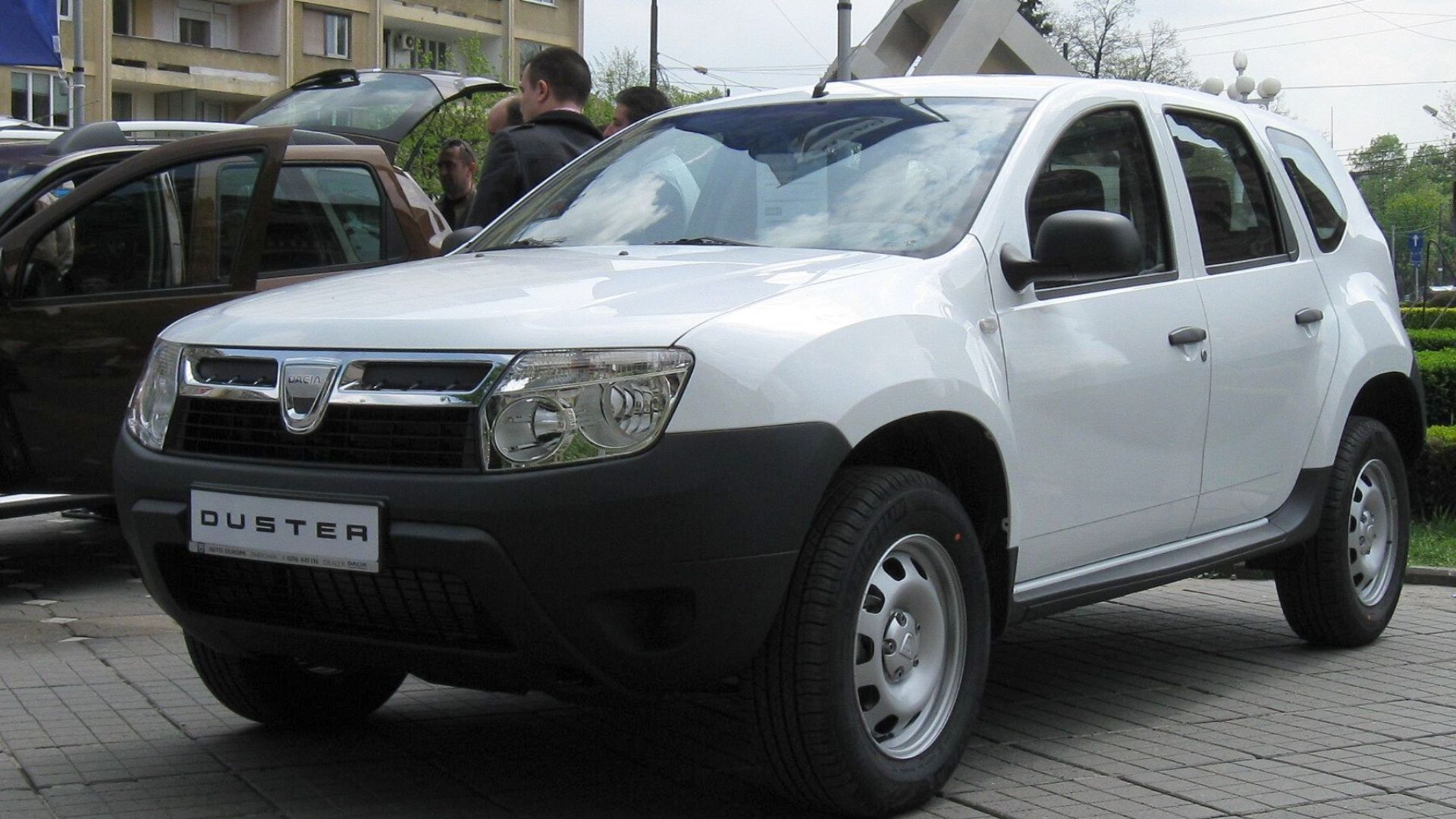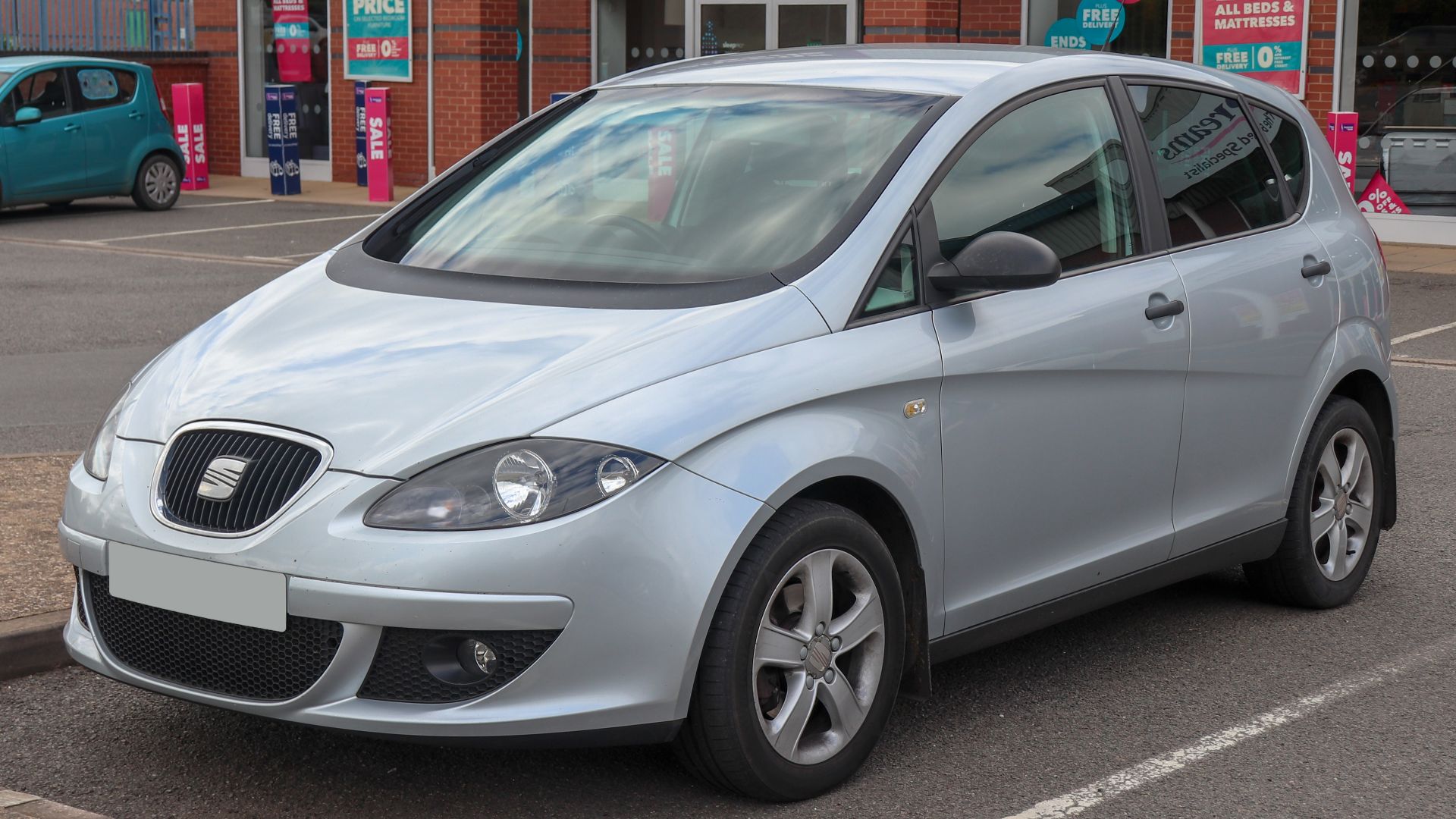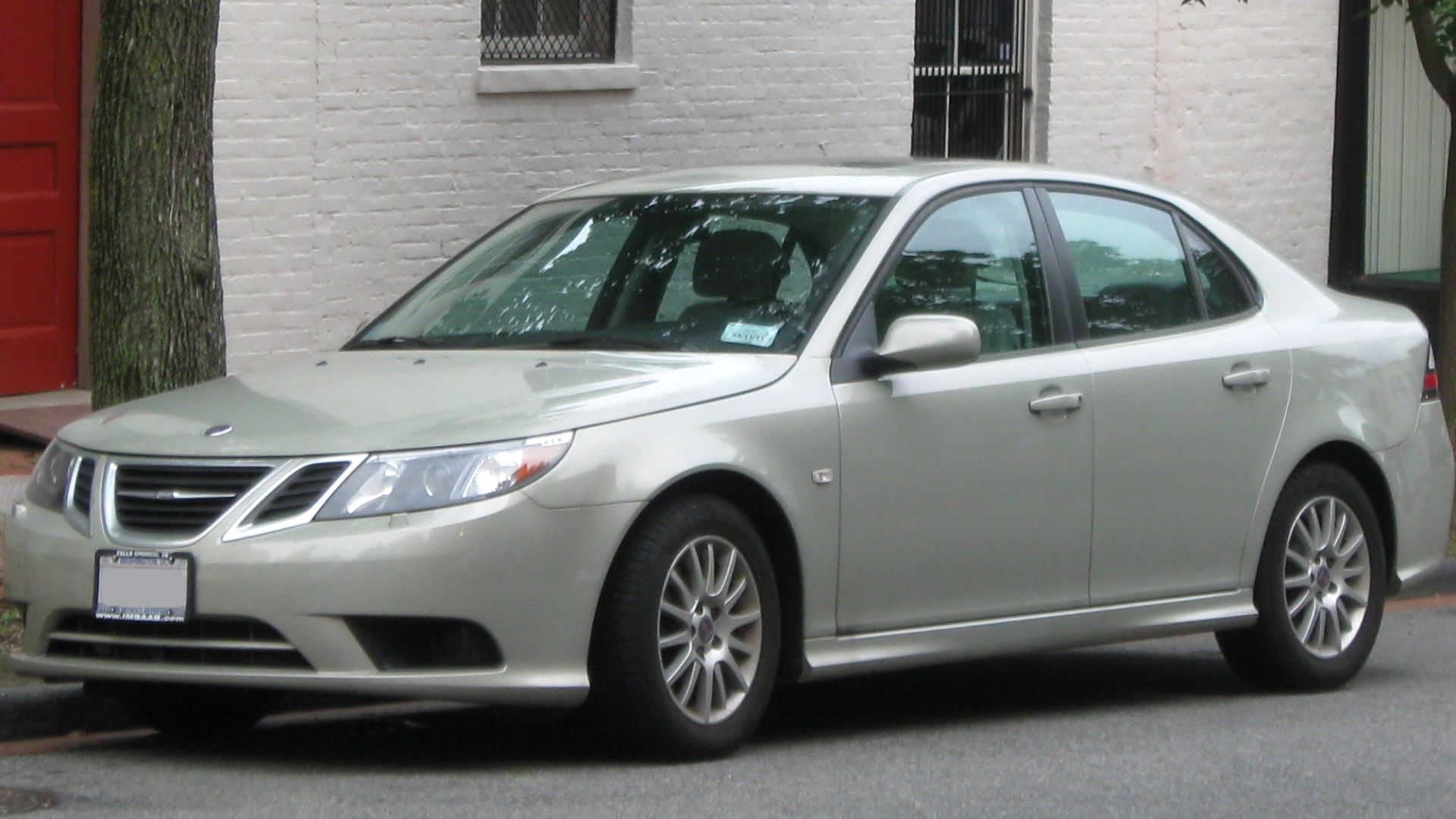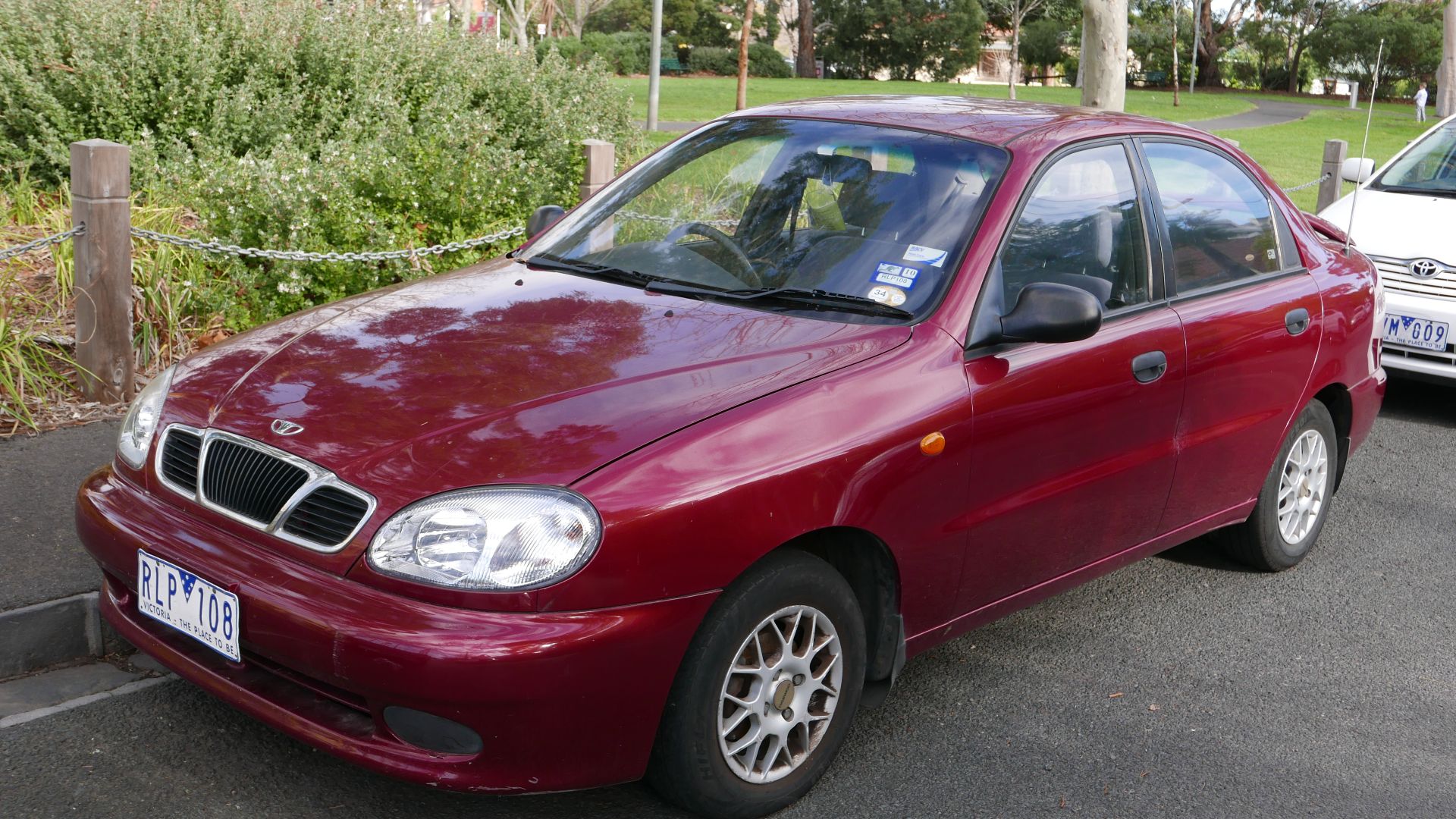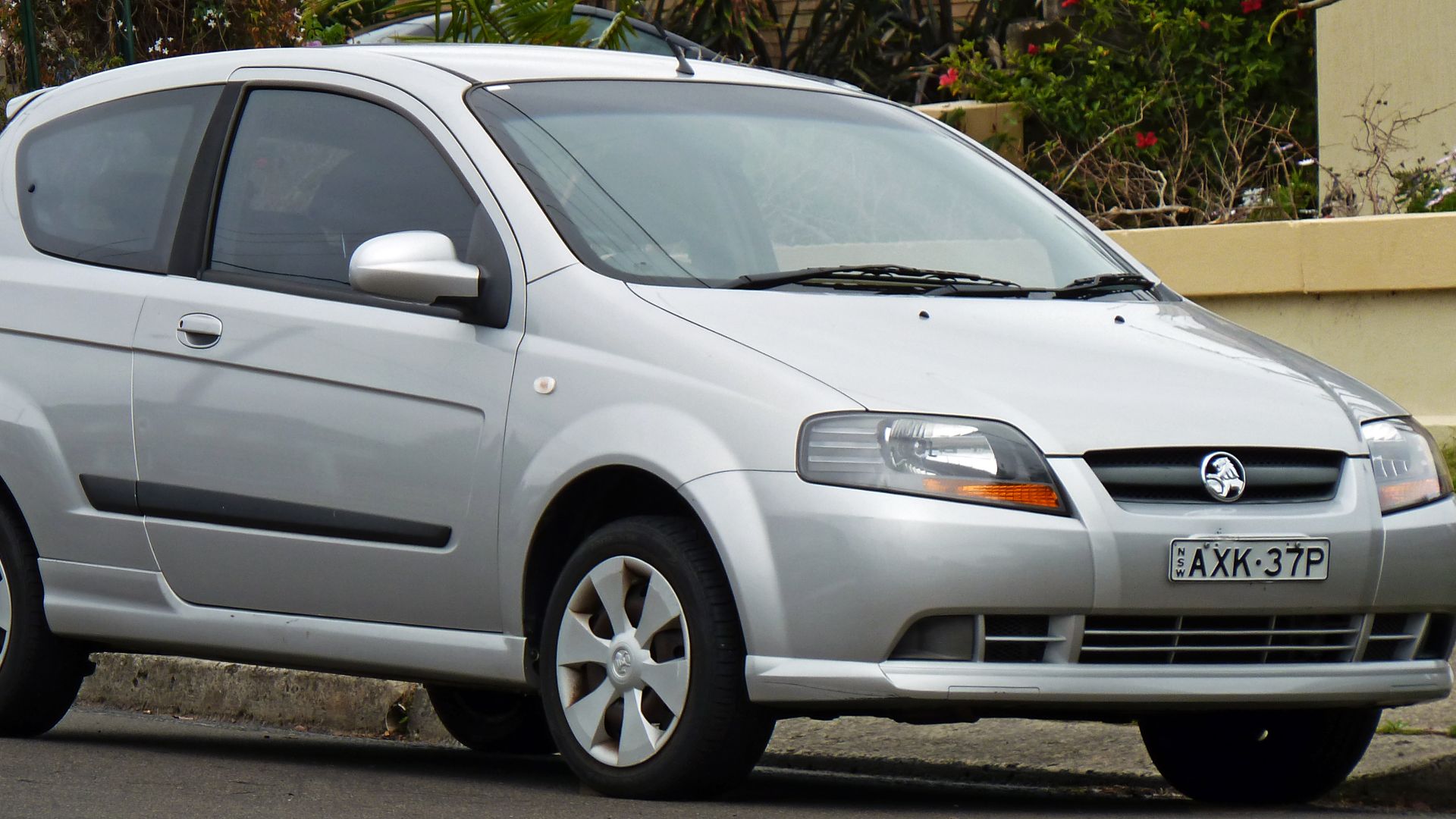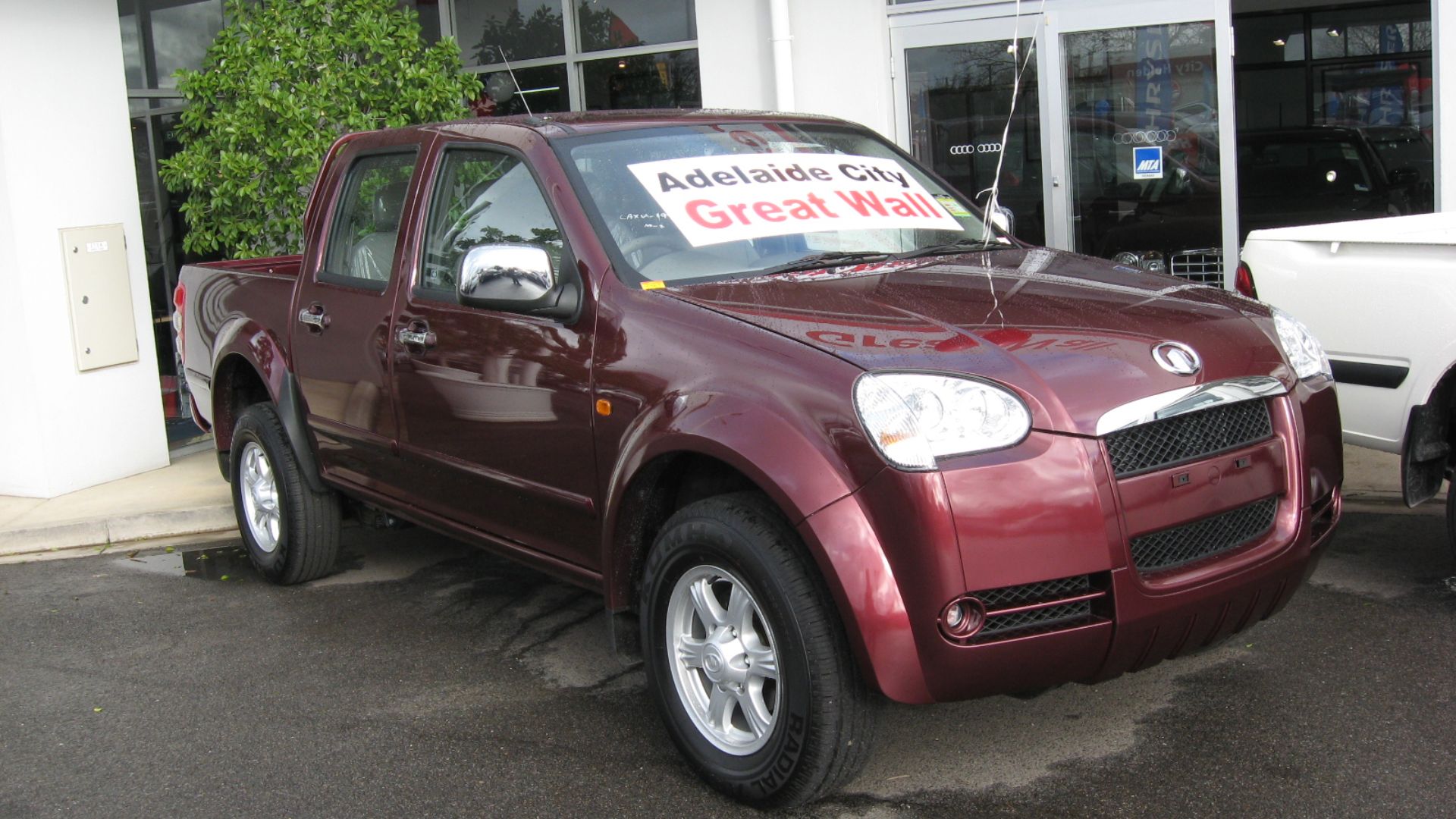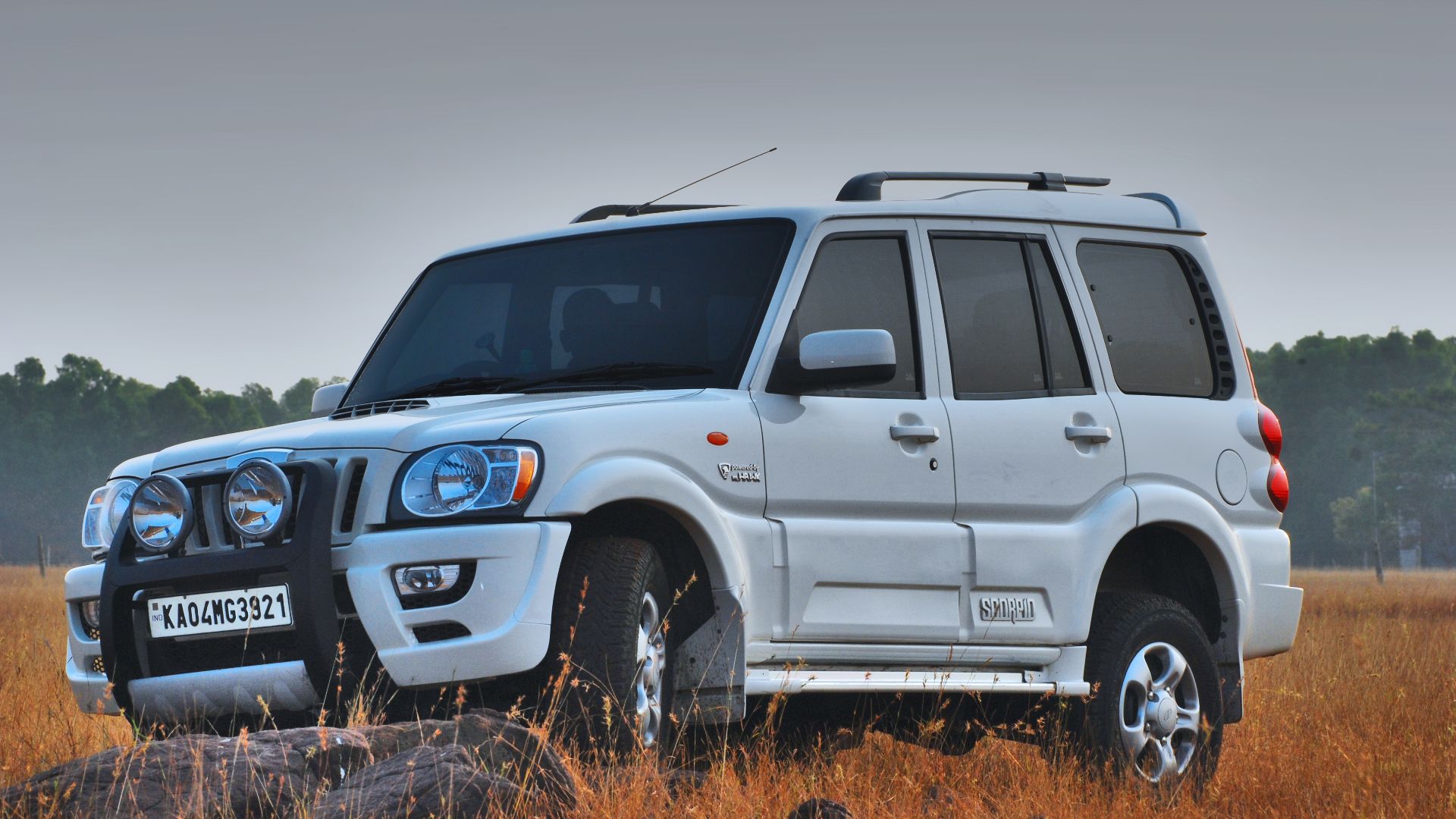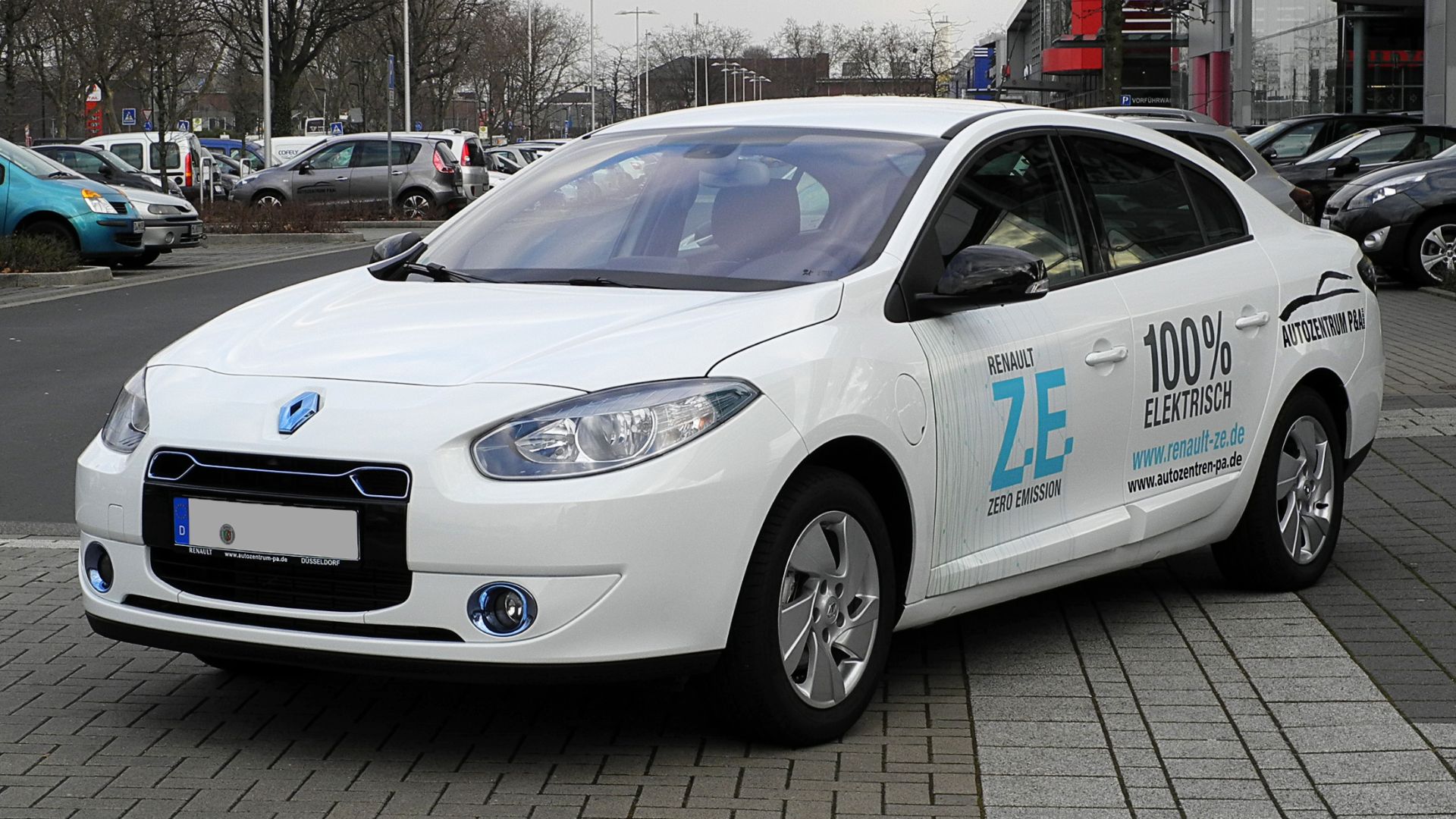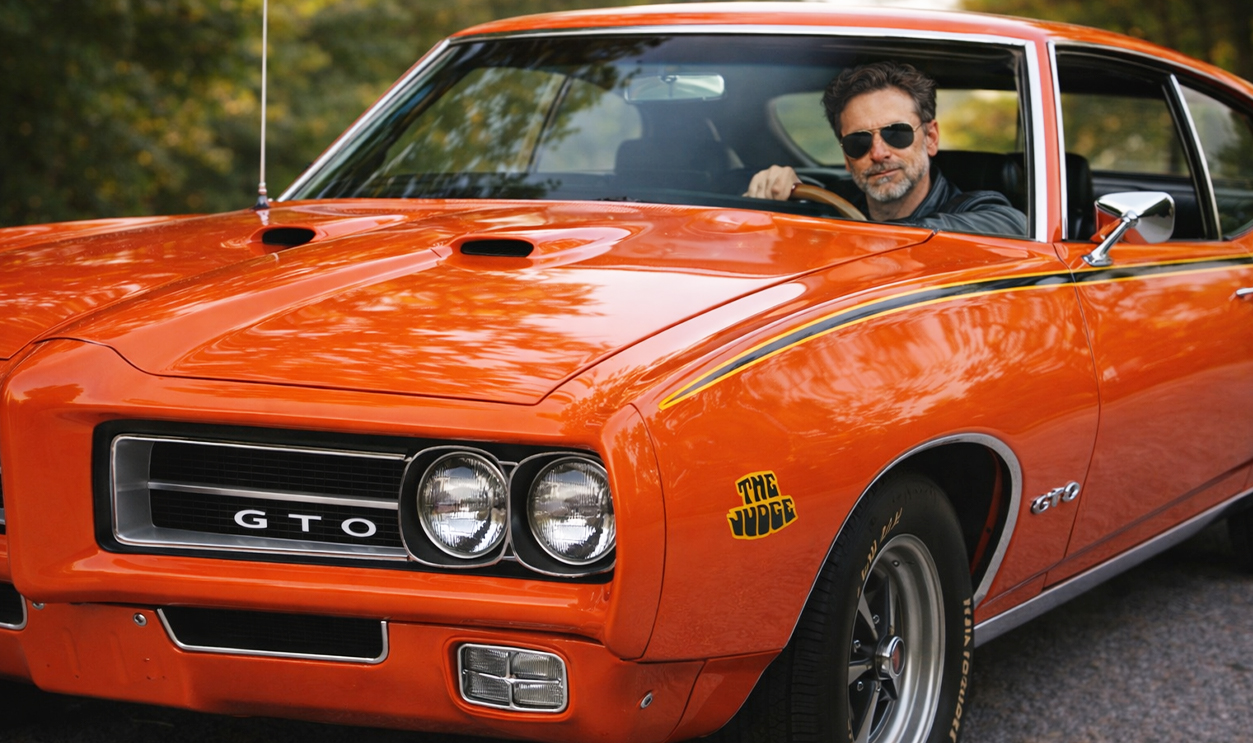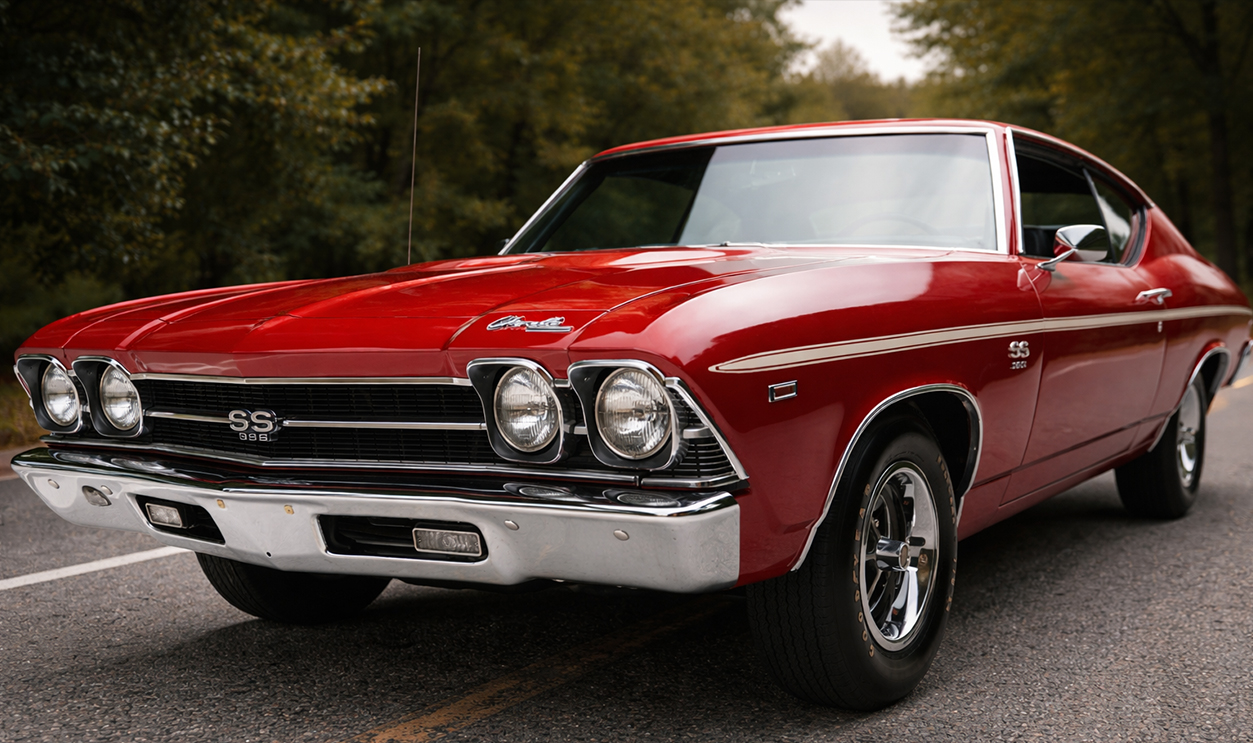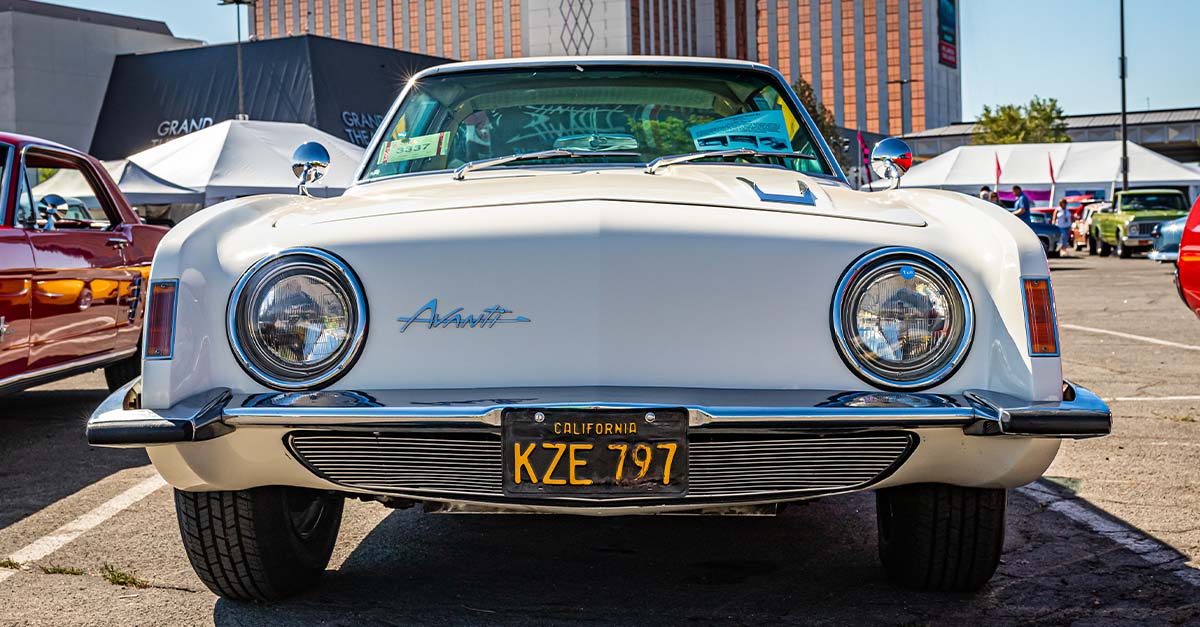Test Drives Lie Sometimes
Some folks have a rough tale about a car they thought was “the one”. A few of those stories wrapped up with tow trucks, temper flare-ups, and piles of repair bills.

Alfa Romeo Giulia (2017–2018)
The Alfa Romeo Giulia dazzles on sight, seducing with its Italian curves and sharp handling, but don’t let the charm fool you. Under the hood, gremlins wait. Infotainment systems glitch, and electrical gremlins throw tantrums. Additionally, the engines misfire at the worst times.
Fiat 500 (2012–2014)
At first glance, you’d think it’s all sunshine and Vespa kisses. Spoiler alert: it’s not. Behind the wheel, quirky quickly becomes frustrating. Think flimsy materials, jerky transmission, and maddening blind spots. Ever tried replacing a door handle twice in a month? Owners have.
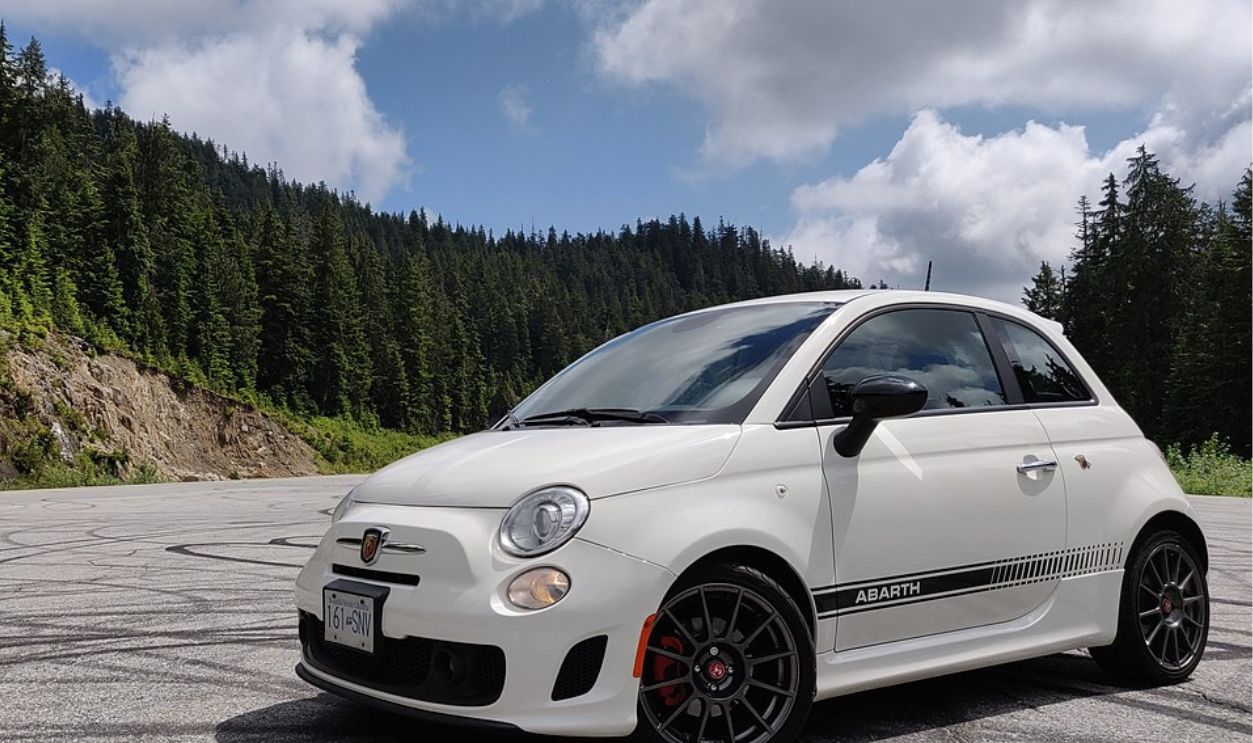 Archenok, CC BY-SA 4.0, Wikimedia Commons
Archenok, CC BY-SA 4.0, Wikimedia Commons
Jaguar I-Pace (2019–2020)
Dreaming of electric luxury? The Jaguar I-Pace serves up 394 horsepower with a side of style. But what you gain in flash, you lose in peace of mind. Owners complain about software bugs and unpredictable charging behavior. This cat purrs until it coughs up a hairball mid-commute.
Land Rover Range Rover (2013–2016)
Looks like royalty, drives like a tank, and breaks down like a soap opera character. Air suspension? Prone to failure. Electronics? Moody as a teenager. Engine sensors? Drama magnets. Enthusiasts defend it with religious fervor, yet even they know this SUV can bankrupt you before your first road trip ends.
Mini Cooper Clubman (2016–2019)
Funky charm meets British flair in the Mini Cooper Clubman. Cool doors? Check. Go-kart handling? Oh yeah. But wait—there’s a catch. The Clubman’s turbocharged engines often overheat, and the electronics have a mind of their own. Another downside is that the parts don’t come cheap.
Nissan Pathfinder (2013–2015)
Transmission issues lead the pack, often culminating in full-blown failures by 60,000 miles. Whether towing a trailer or carrying grocery bags, it’s a gamble. And here’s the kicker: Repairs aren’t cheap. What was supposed to be your rugged sidekick ends up ghosting your expectations.
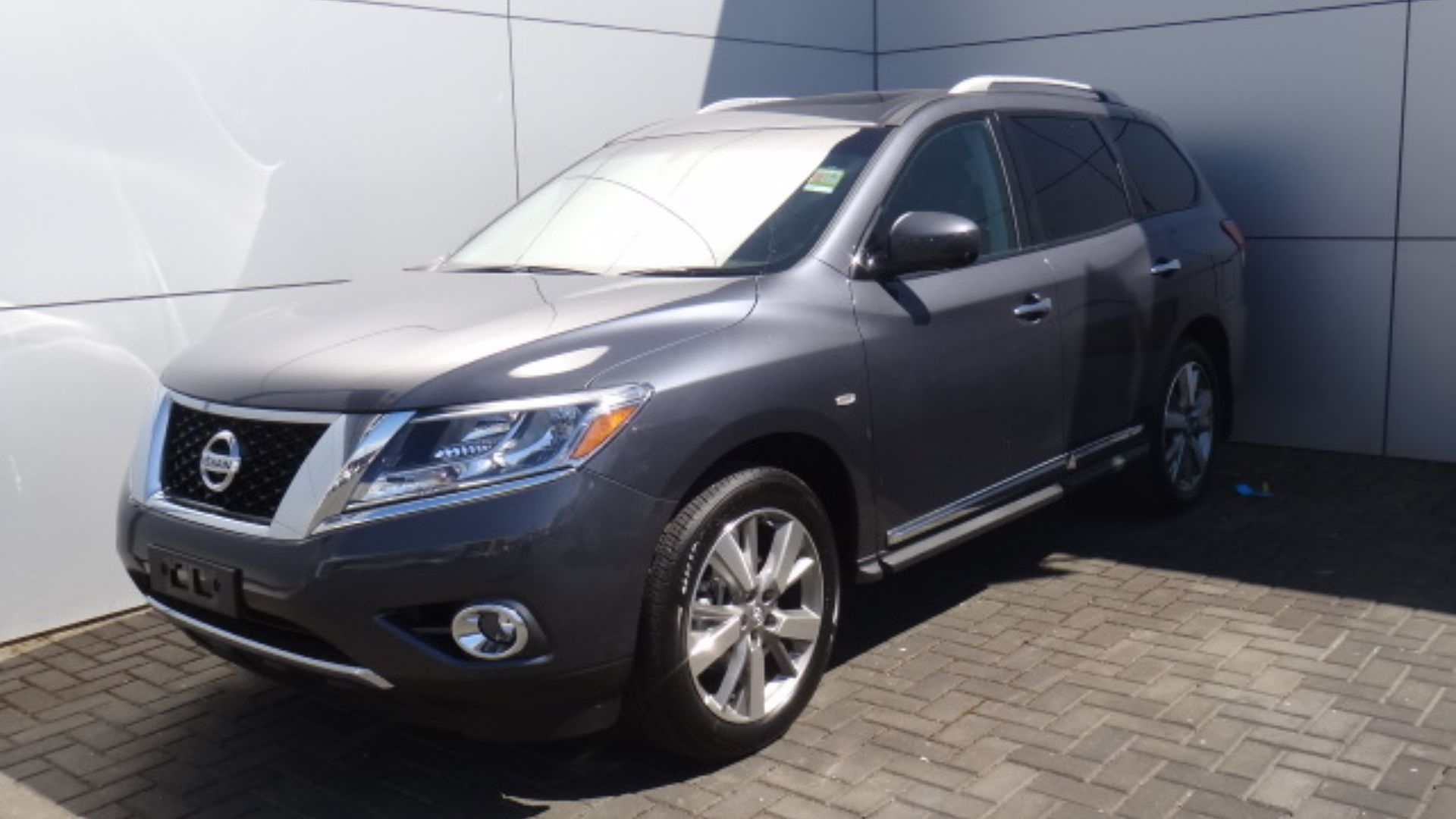 TuRbO_J from Adelaide, Australia, Wikimedia Commons
TuRbO_J from Adelaide, Australia, Wikimedia Commons
Peugeot 3008 (2017–2018)
Striking design, plush cabin, and futuristic dashboard—Peugeot 3008 looks like a winner. But lift the curtain, and the flaws steal the show. Electrical malfunctions start you off, and then turbo issues kick in. Next is the frustrating ECU quirks that plague this otherwise promising crossover.
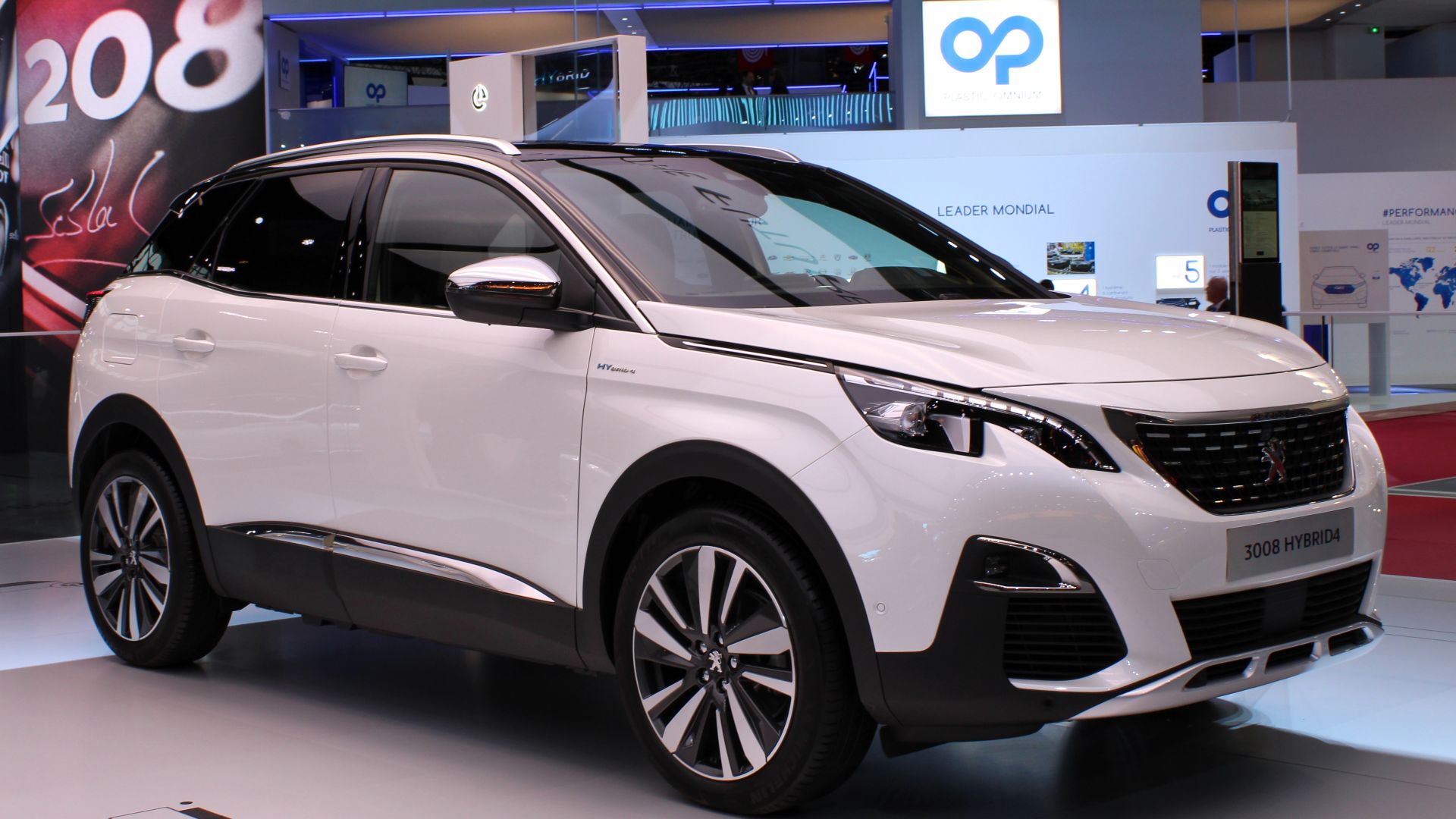 Alexander Migl, Wikimedia Commons
Alexander Migl, Wikimedia Commons
Volkswagen Tiguan (2009–2011)
The Volkswagen Tiguan brings sophistication and a turbo punch, but also a reputation for mechanical headaches. From oil consumption issues to faulty timing chains, this SUV doesn’t know when to quit. You may fall for its Euro appeal, but the back-to-back service visits will wear you down.
Volvo XC90 (2016–2018)
Volvo’s flagship SUV wraps you in safety and luxury, until the software decides it’s had enough. The touchscreen freezes, and sometimes, the backup camera glitches. You might also wonder what the issue is since ghost warnings will become the norm. While it passes crash tests, it fails in daily usability.
Maserati Ghibli (2014–2017)
Want to impress the valet? The Maserati Ghibli will do it, no question. But rare parts, high repair costs, and flimsy build quality raise serious red flags. Inside feels cheap, more issues lurk below, and timing issues make daily driving a risky bet in a designer suit.
Mercedes-Benz GLC (2016–2018)
Slip into the GLC, and it greets you with luxury and precision. But don’t get too comfortable because hidden beneath that posh exterior, electronic systems throw tantrums. Steering assist glitches are also part of the problem, and so are infotainment blackouts. The sensors act like ghost hunters, beeping untriggered.
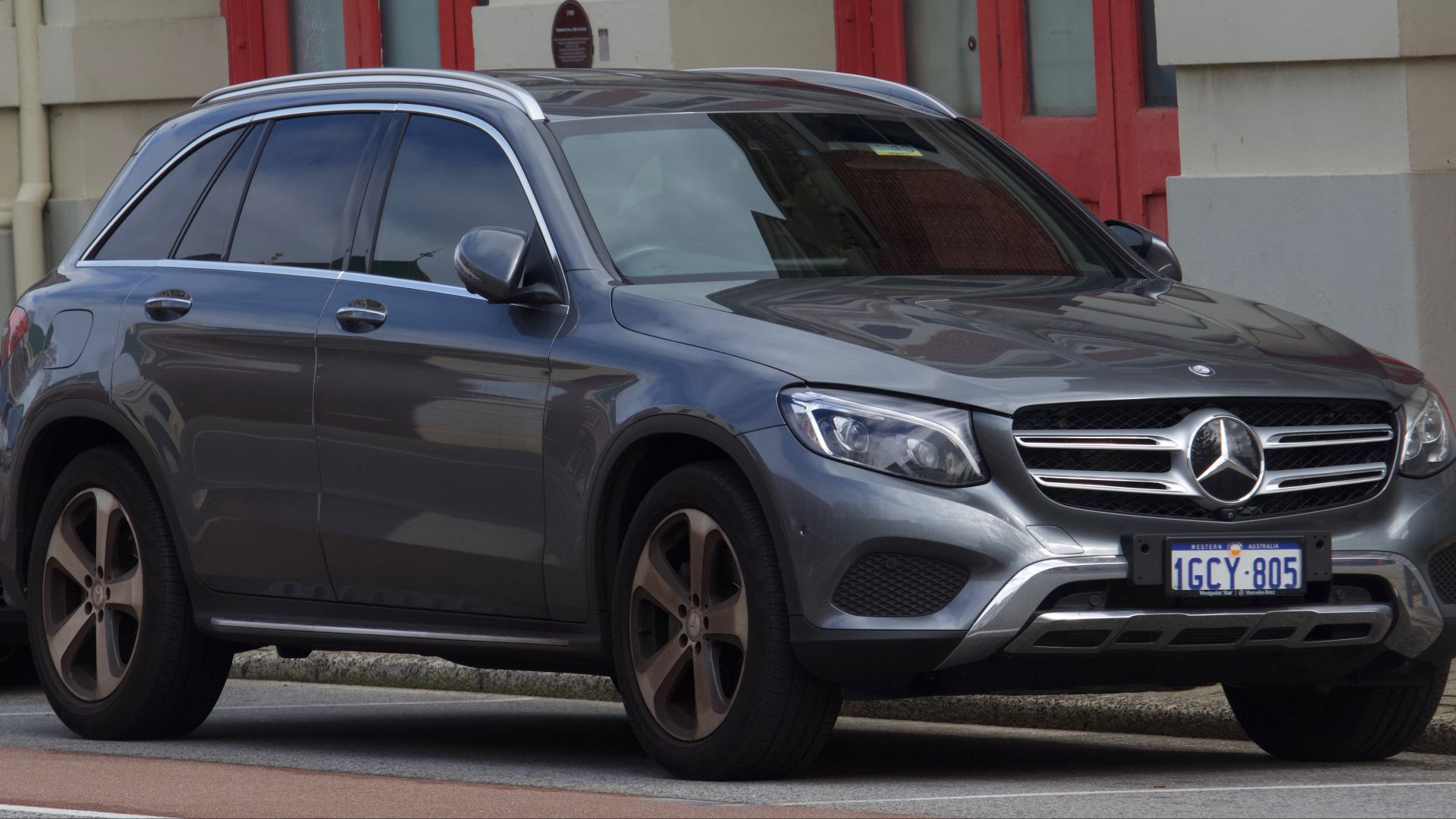 EurovisionNim, Wikimedia Commons
EurovisionNim, Wikimedia Commons
Audi A6 (2012–2015)
Refined and tech-packed, the Audi A6 makes a stellar first impression. However, the MMI system freezes up often, sensors misbehave, and oil disappears too fast. Electrical hitches are standard, and replacing a single LED strip could cost more than your monthly rent. Still impressed?
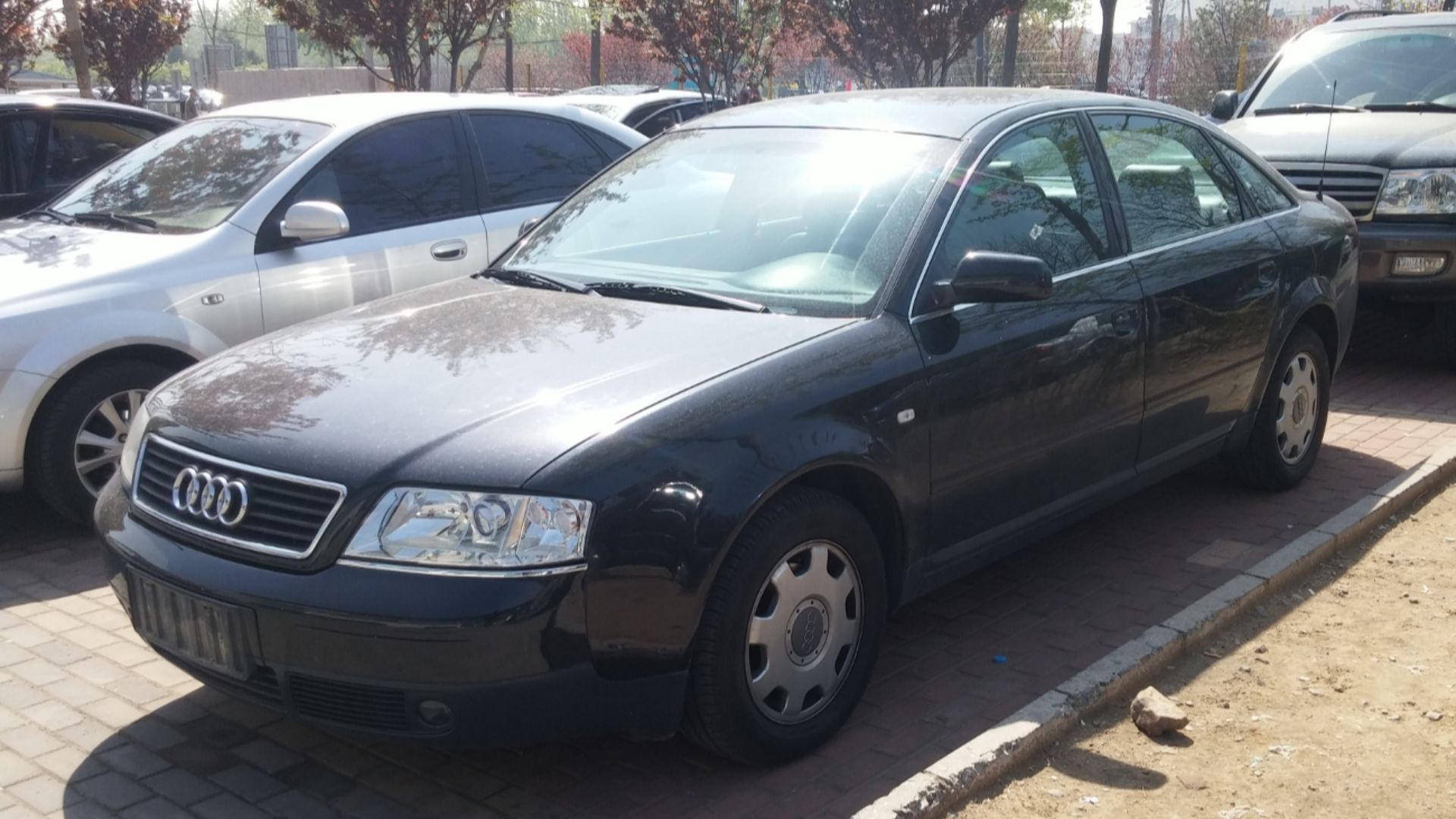 Navigator84, Wikimedia Commons
Navigator84, Wikimedia Commons
BMW X5 (2011–2013)
Here comes the beast, but its core hides cooling failures and drivetrain issues with a suspension with too many quirks. The BMW X5 might as well wear an “X” for “Expensive surprises,” since every thrilling ride risks triggering a fresh wave of warning lights and costly repairs.
Infiniti QX60 (2013–2016)
The QX60 checks a lot of boxes. Then you hit the road. Jerky acceleration and sluggish shifting give away the weak CVT, which is often the Achilles’s heel. If you are planning long trips, prepare for cabin noises and random vibrations. Infiniti aimed for Lexus-level luxury here, but shot wide.
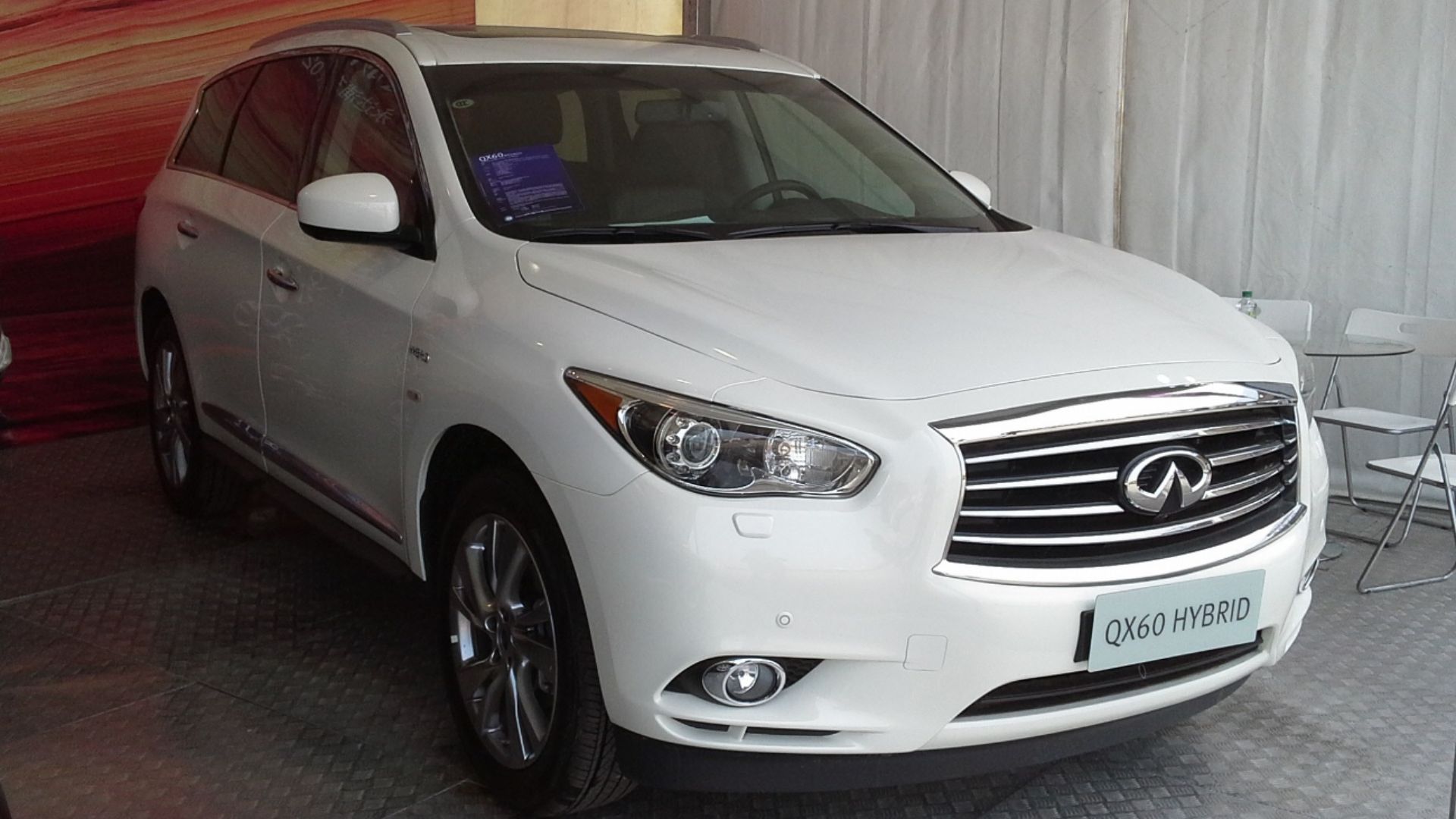 Navigator84, Wikimedia Commons
Navigator84, Wikimedia Commons
Subaru Ascent (2019–2020)
All-wheel drive and third-row seating are double checks. But when it comes to reliability, there are zero checks! The Ascent arrived as Subaru’s family hauler promise, yet early versions delivered more stress than safety, with leaking head gaskets, shuddering transmissions, and battery drain issues.
Chevrolet Captiva (2011–2015)
Designed for global appeal, the Captiva quickly became a cautionary tale. Sloppy handling was its first problem. After that, underpowered engines and poor crash ratings haunted its track record. It felt like a patchwork project where everything worked, but not well. Built for affordability, but it cut corners too deeply.
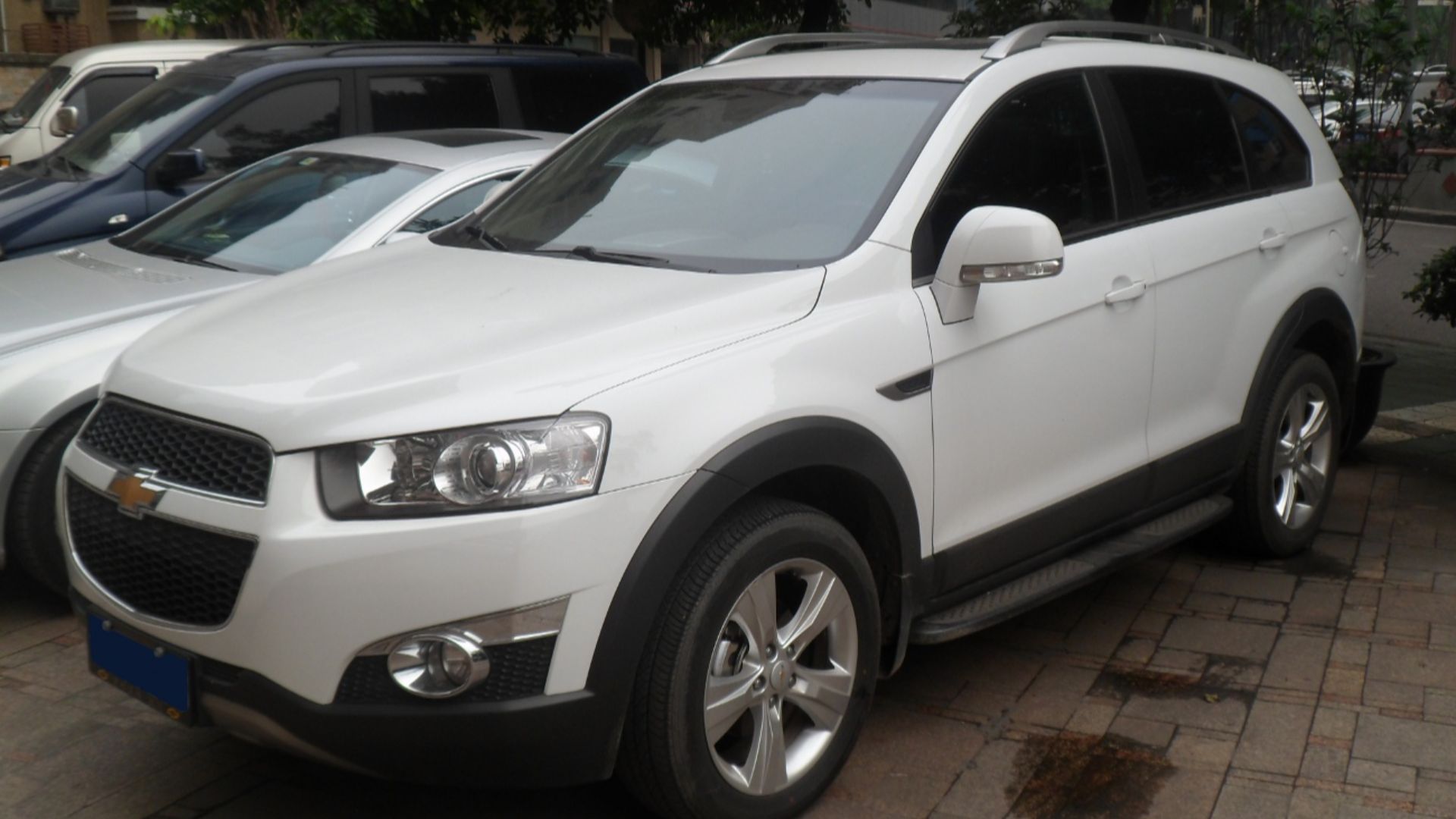 Navigator84, Wikimedia Commons
Navigator84, Wikimedia Commons
Hyundai Tucson (2011–2013)
Engine knocking and unpredictable air conditioning are common complaints with this machine. You’d think basic reliability was a given, but Hyundai thought otherwise when making these models. Even warranty claims became recurring events. The 2010s were clearly not kind to this crossover.
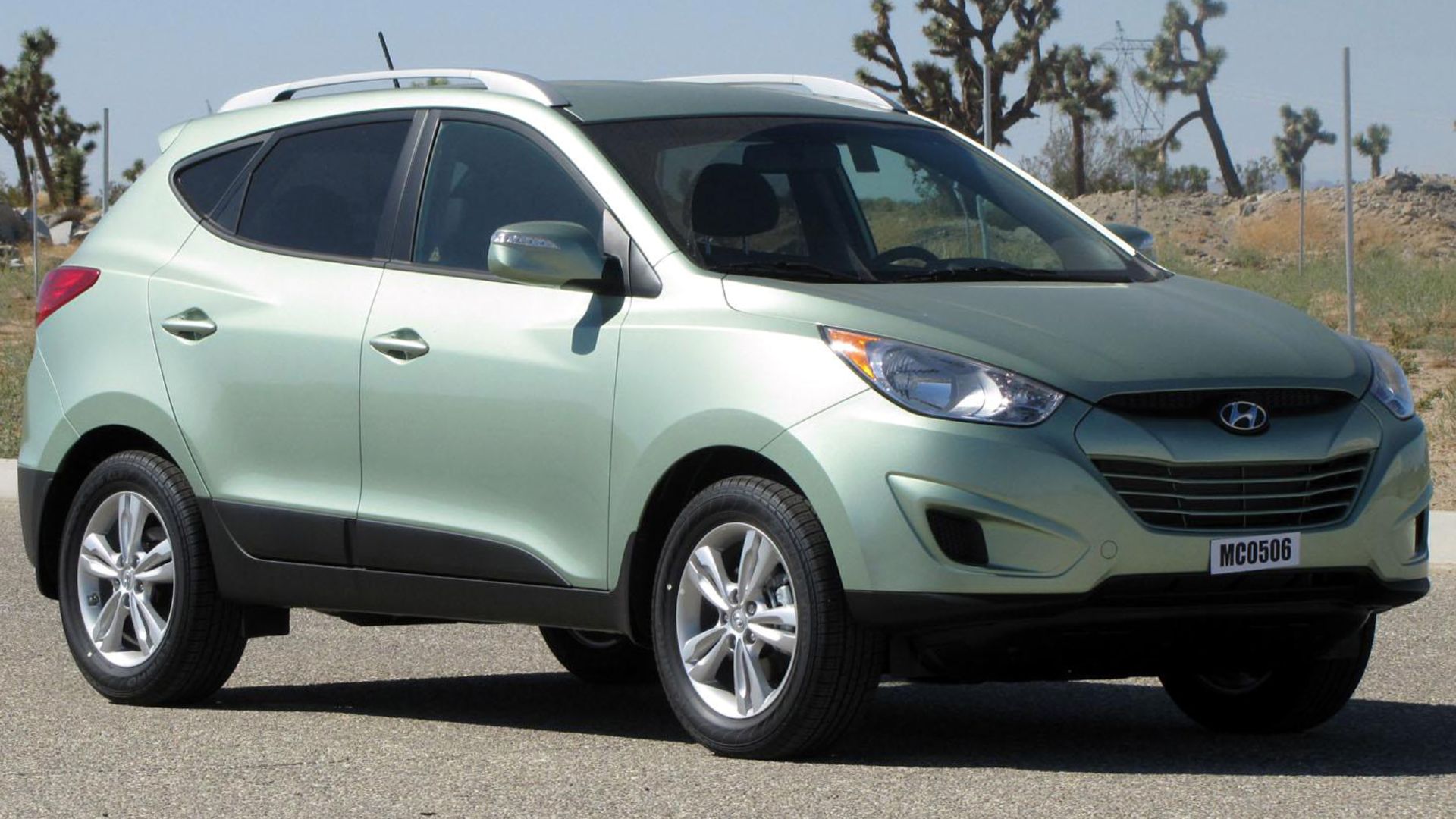 U.S. National Highway Traffic Safety Administration, Wikimedia Commons
U.S. National Highway Traffic Safety Administration, Wikimedia Commons
Kia Sorento (2011–2014)
Families adore it. Dealerships push it hard. But beneath that spacious body and handsome grille, the 2011–2014 Sorento plays a risky game. Engine seizures from oil starvation aren’t just rumors—they are frequent. Some even caught fire. Seriously. Recalls tried to fix the story, but reputations don't reset that easily.
Mazda CX-9 (2007–2010)
Here, the engine mount fails, and the brake boosters collapse mid-drive. The body also has a rust issue. The sad part about these failures is that they weren't isolated cases either. For a car that looks so polished, the ownership experience often feels unfinished.
Renault Koleos (2010–2013)
This French crossover promised European flair on a global stage. What it delivered was mediocrity with wiring probs. Owners often struggle with touchy electronics, lazy engines, and confusing control layouts. And don’t get us started on the awkward driving position that feels designed by a committee of sleep-deprived interns.
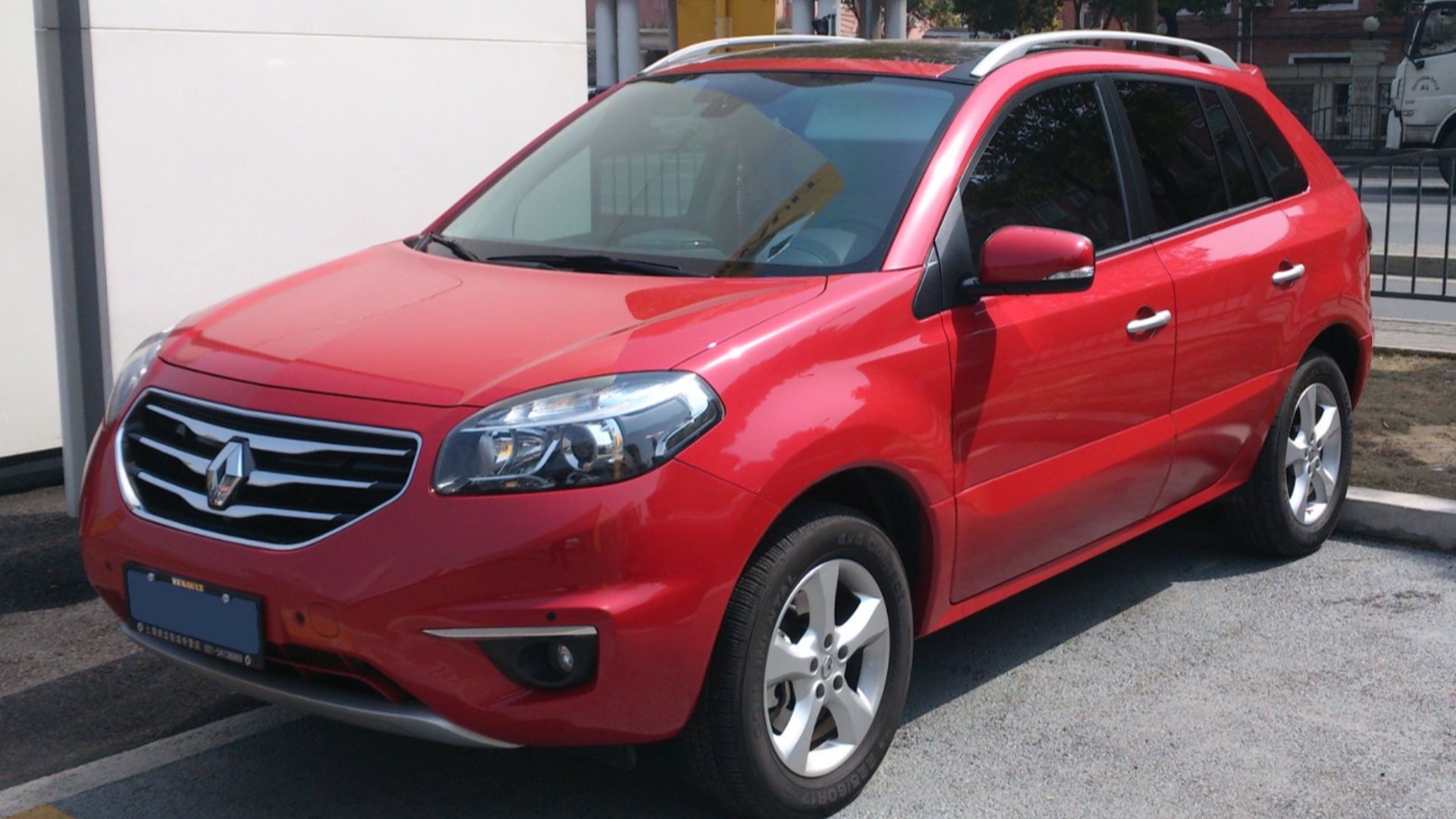 Navigator84, Wikimedia Commons
Navigator84, Wikimedia Commons
Suzuki Grand Vitara(2006-2012)
Adventure-ready and compact, the Grand Vitara teased drivers with off-road promise. But the reality? More “stranded on the side of the road” than “King of the Trail”. Transmission failures and weak engines. The undercarriage is also rust-prone, and this makes it a tough sell. The drivetrain also feels confused.
Toyota RAV4 (2019)
The 2019 RAV4 strutted in with bold lines and hybrid dreams, yet stumbled under its own ambition. Some models experience jerky shifting combined with rattling suspensions and fuel system quirks. The push toward edginess sacrificed the dependability that built Toyota’s empire.
Honda CR-V (2017)
Honda nailed reliability—until 2017. That year, the CR-V started guzzling oil like a race car and turning engine oil into watery soup due to a design flaw in the turbocharged engine. Combine that with inconsistent heating and annoying rattles, and this CR-V lost its cool.
 Kevauto, CC BY-SA 4.0, Wikimedia Commons
Kevauto, CC BY-SA 4.0, Wikimedia Commons
Mitsubishi Outlander (2014)
With three rows and AWD, the 2014 Outlander sounded like a budget family savior. But the CVT said otherwise: Sluggish response and a noisy cabin. The interior ages like milk, and the touchscreen feels like it came from a gas station arcade.
 EurovisionNim, Wikimedia Commons
EurovisionNim, Wikimedia Commons
Mitsubishi Mirage (2014–2020)
Small car, big regrets. The Mirage lures buyers with its low price and excellent fuel economy, but behind the wheel, it's more lawn mower than hatchback. The three-cylinder engine wheezes at highway speeds, the CVT moans like it’s in pain, and the ride quality feels off.
Ford Kuga (2013–2015)
Slick and confident, the Ford Kuga sold well across Europe, but American owners soon discovered a smoldering secret. A poorly designed coolant system could cause the engine to overheat and even catch fire. It burns holes in trust and bank accounts. To make things worse, software bugs plague the powertrain.
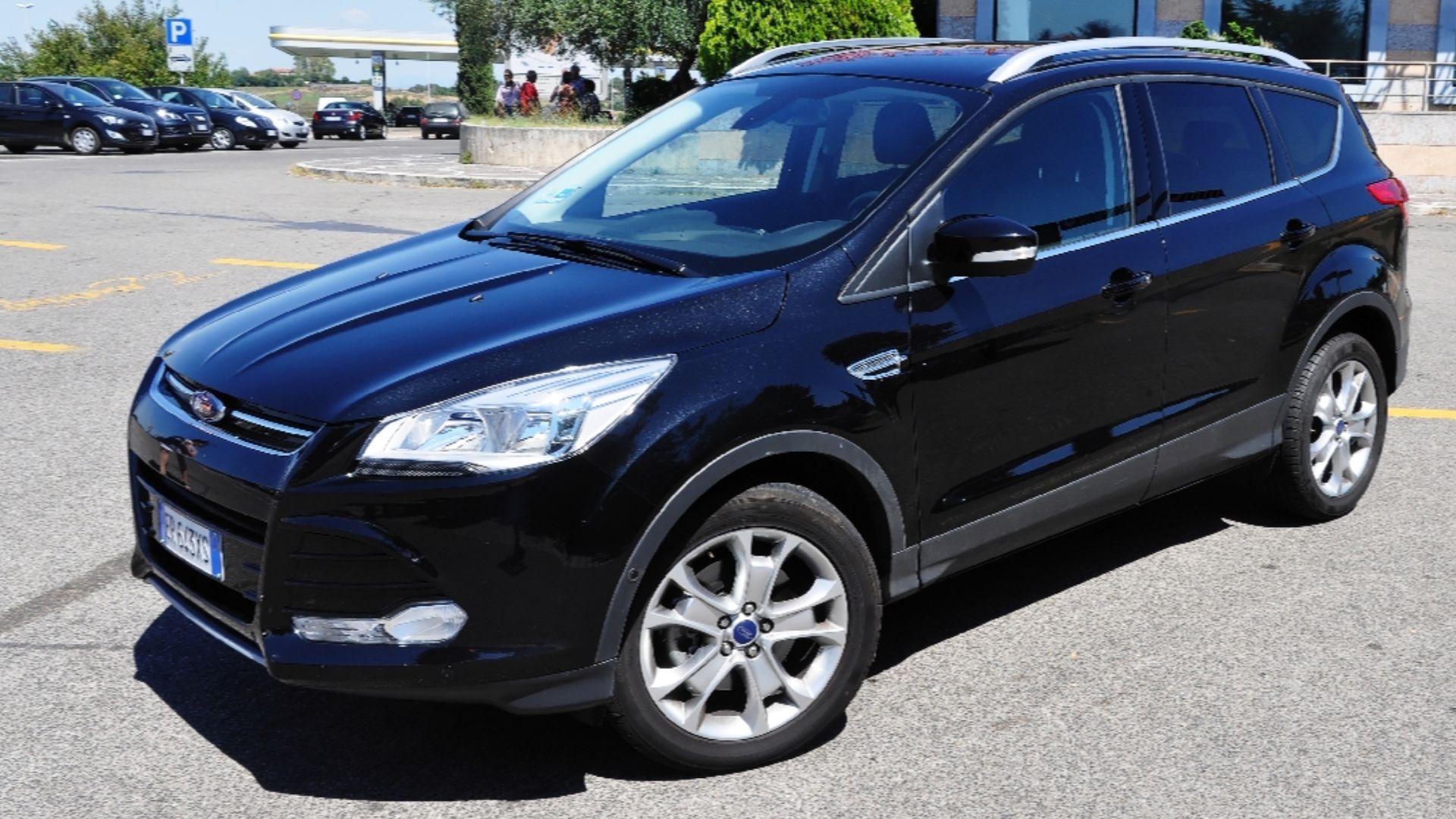 © Ra Boe / Wikipedia, Wikimedia Commons
© Ra Boe / Wikipedia, Wikimedia Commons
Skoda Octavia (2013–2020)
Between 2013 and 2020, the Octavia came with a ticking time bomb called the DSG gearbox. This system sometimes shudders and misfires, giving drivers an awkward gear shift. The transmission can also be moody. Combine that with interior wear and electrical tantrums, and this star falls short of a legacy.
Citroen C4 Picasso(2008-2012)
The panoramic windshield wows crowds, but the electronics are less dazzling. Screens freeze, sensors misread, and the climate system malfunctions. Imagine being locked out by your own key fob in the rain. Some owners have been there. It packs clever ideas in a body that doesn’t want to cooperate.
Opel Insignia (2011–2013)
It promises German poise on a budget but delivers frequent workshop visits instead. Insignia’s early models have engines prone to oil leaks and a navigation system that cannot navigate its own menu. Gearbox groans and interior creaks turn early morning commutes into stress tests.
Renault Laguna (2001–2005)
Ah, the Laguna—acclaimed across Europe not for brilliance, but for baffling unreliability. The card key often fails. The electronics? Haunted. The ride? Soft. The additional problems are that their timing belts would snap, ignitions would fizzle, and warning lights would blink just for fun.
Peugeot 407 (2005–2009)
Sharp styling and a punchy diesel once made the Peugeot 407 a continental darling. But as miles piled up, so did problems. Faulty suspension parts creak like haunted floorboards. The electrical system has a flair for melodrama with random warnings and ghost alarms.
Fiat Punto (2005–2010)
Cute and undeniably Italian, the Punto looks like a smart city car. But inside? A symphony of cheap plastics, cranky gearboxes, and failing electrics. The power steering can randomly quit, and the gearshift cables can snap like rubber bands. Buyers wanted a feisty little runabout but got an unpredictable ride.
Alfa Romeo 159 (2006–2011)
With its seductive lines and throaty engine note, the Alfa Romeo 159 screams passion. Unfortunately, its suspension components wear fast. And it also has electrical issues. Parts availability is also very scarce. You think you can handle the drama…until you’re stranded on the highway quoting Romeo and Juliet.
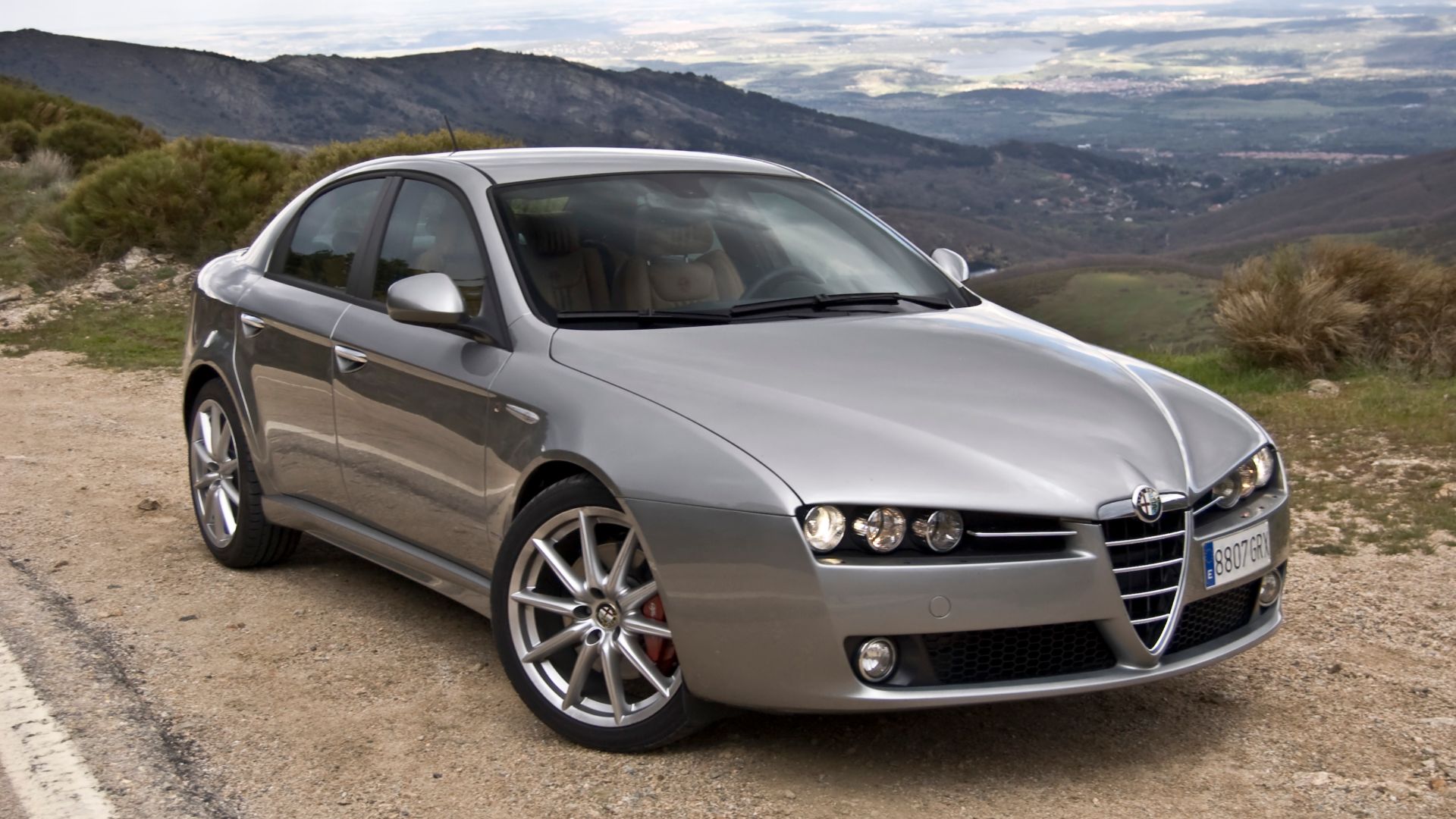 David Villarreal Fernandez, Wikimedia Commons
David Villarreal Fernandez, Wikimedia Commons
Lancia Delta (2008–2014)
Reborn from rally legend status, the Lancia Delta tried to channel its glorious past but fell flat. Build quality is shaky, and mechanicals age in dog years. The turbo engine sounds feisty but often sputters before the thrill sets in. Owning one means nostalgia isn’t a solid maintenance plan.
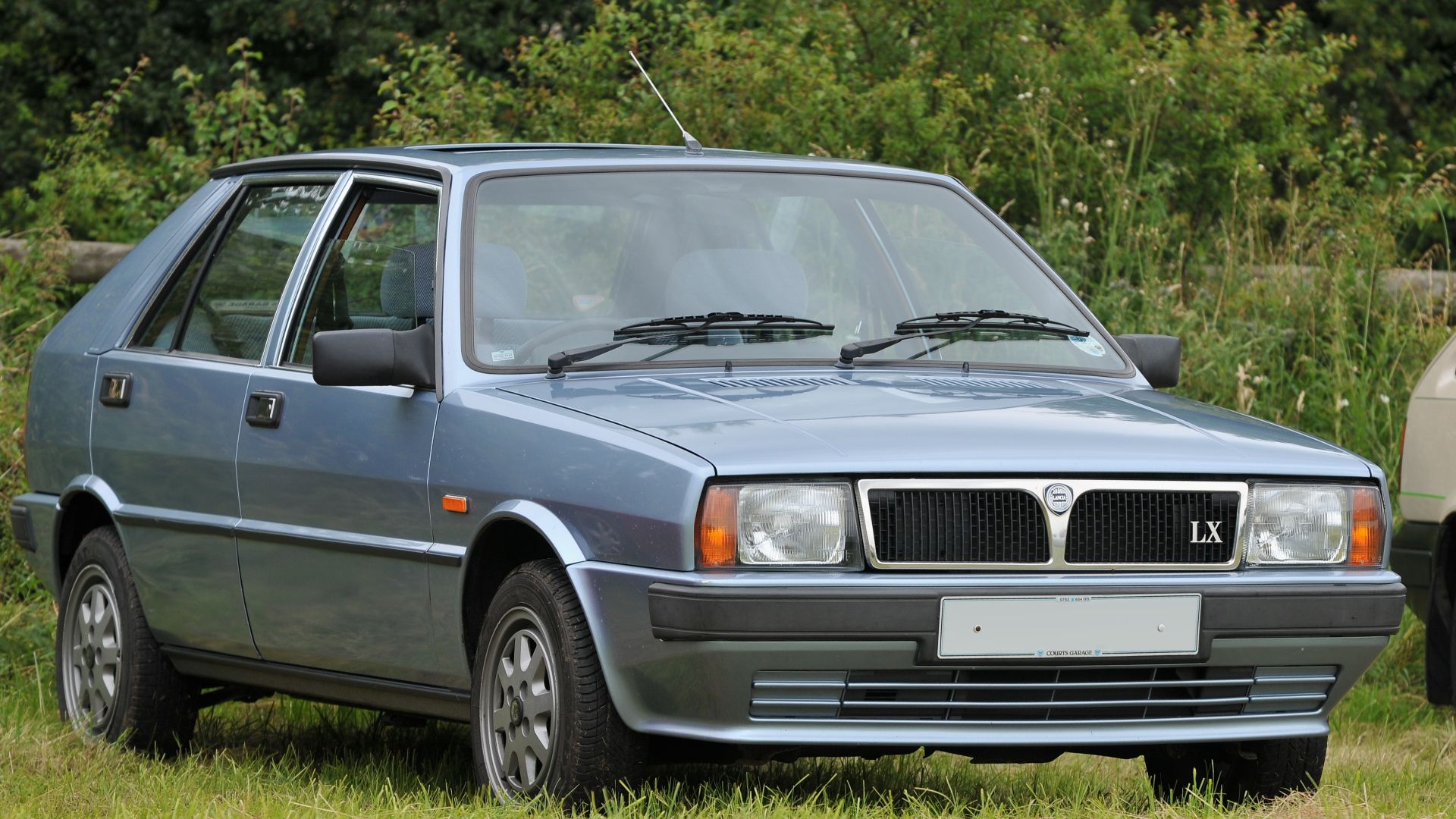 Tony Harrison from Farnborough, UK, Wikimedia Commons
Tony Harrison from Farnborough, UK, Wikimedia Commons
Dacia Duster (2010–2013)
Rust finds a home on the underbody of these cars. Interior plastics crack in the heat, and door seals leak. The Duster has a cult following, sure, but for many, it has become a lesson in “you get what you pay for.” Do you still think that price tag is worth it?
Seat Altea (2007–2012)
The Seat Altea aimed for family function with Spanish flair but missed the mark. Door locks failed, turbos wheezed, and steering pumps howled. Rear visibility was laughable. It tried to do it all—stylish, compact, practical—but ended up doing everything just a little bit badly.
Saab 9-3 (2003–2011)
Aircraft-inspired touches and the turbocharged engine set this ride apart. But after General Motors’s takeover, things unraveled fast. Parts became rare. The electronics age poorly. And turbo failures hit like plot twists. Mechanics call it “eccentric,” which is code for “you’ll need a specialty tool just to change a headlight”.
Daewoo Lanos (1999–2002 In Most Markets)
A budget warrior from South Korea, the Daewoo Lanos had one goal: affordability. And that’s about all it accomplished. Safety scores flatline. Reliability is spotty. The ride quality? Floaty at best. The Lanos ages fast, and even routine maintenance feels experimental.
Chery QQ3 (2008–2013)
The QQ3 tried to storm the market with cuteness and price. But safety was a total no-show. Crash tests exposed structural weaknesses so alarming that they border on cartoonish. Doors pop open during impacts, and the airbags seem to be optional in some variants.
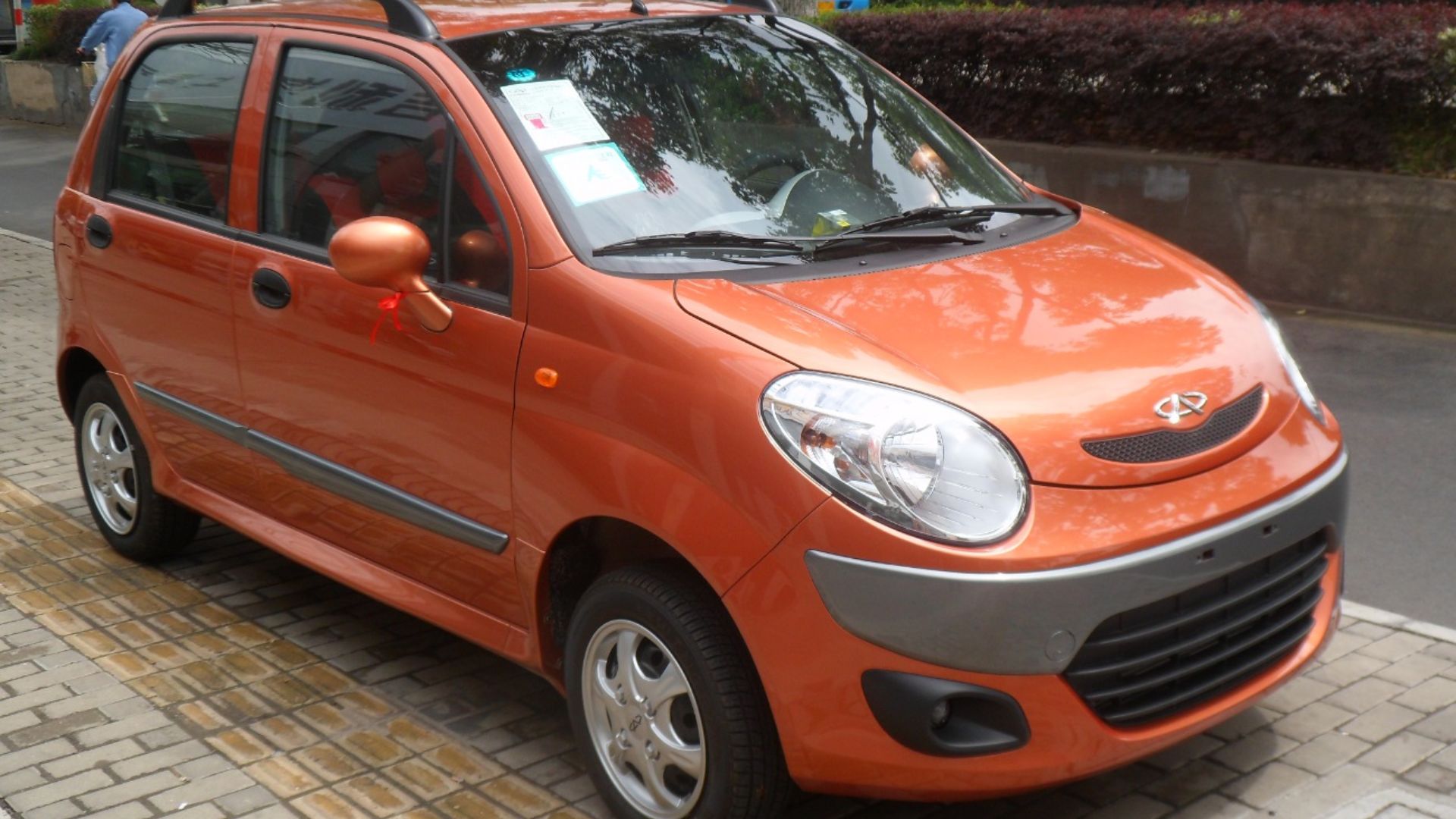 Navigator84, Wikimedia Commons
Navigator84, Wikimedia Commons
Proton Gen-2 (2004–2010)
Proton Gen-2 (2004–2010)Malaysia’s Proton Gen-2 came in swinging with sporty aesthetics and big promises. Beneath that sleek roofline, however, lurks a wheezing CamPro engine, clunky gear changes, and a cabin full of mismatched plastics. The dashboard feels like it was assembled in the dark.
Holden Barina Or Chevy Aveo (TK) (2006–2011)
Don’t be fooled by the badge because this isn’t a true-blue Aussie. The Barina TK is a rebadged Daewoo Kalos. The cabin feels toy-like, and the safety rating gives parents nightmares. Gearboxes stuttering and reliability earn it the nickname “Barina Roulette”.
Great Wall V240 (2009–2013)
Marketed as a budget workhorse, the Great Wall V240 looked rugged enough to haul bricks and climb mountains. But reality cracked that illusion fast. Rust shows up within months, even on the chassis. The interior trim comes loose, and let’s not forget the recall for asbestos in some components.
Mahindra Scorpio (2008–2012 Non-India models)
The Mahindra Scorpio roared onto international markets with tough looks and a serious off-road attitude. Sadly, the early models outside India tell a different story—clunky gearboxes, poor crash test ratings, and emissions systems that aren’t ready for stricter global standards. The steering feels more like wrestling an alligator than driving.
Renault Fluence (Bonus Substitute For QQ3 Or Scorpio In Some Markets) (2011–2014)
When Renault launched the Fluence globally, expectations were high for a comfortable, affordable Euro sedan. It delivers on space and looks, but breaks down on follow-through. Electrical issues crop up fast, and the CVT groans like it has regrets. Its resale value is also on the lower end. Just don’t do it.


